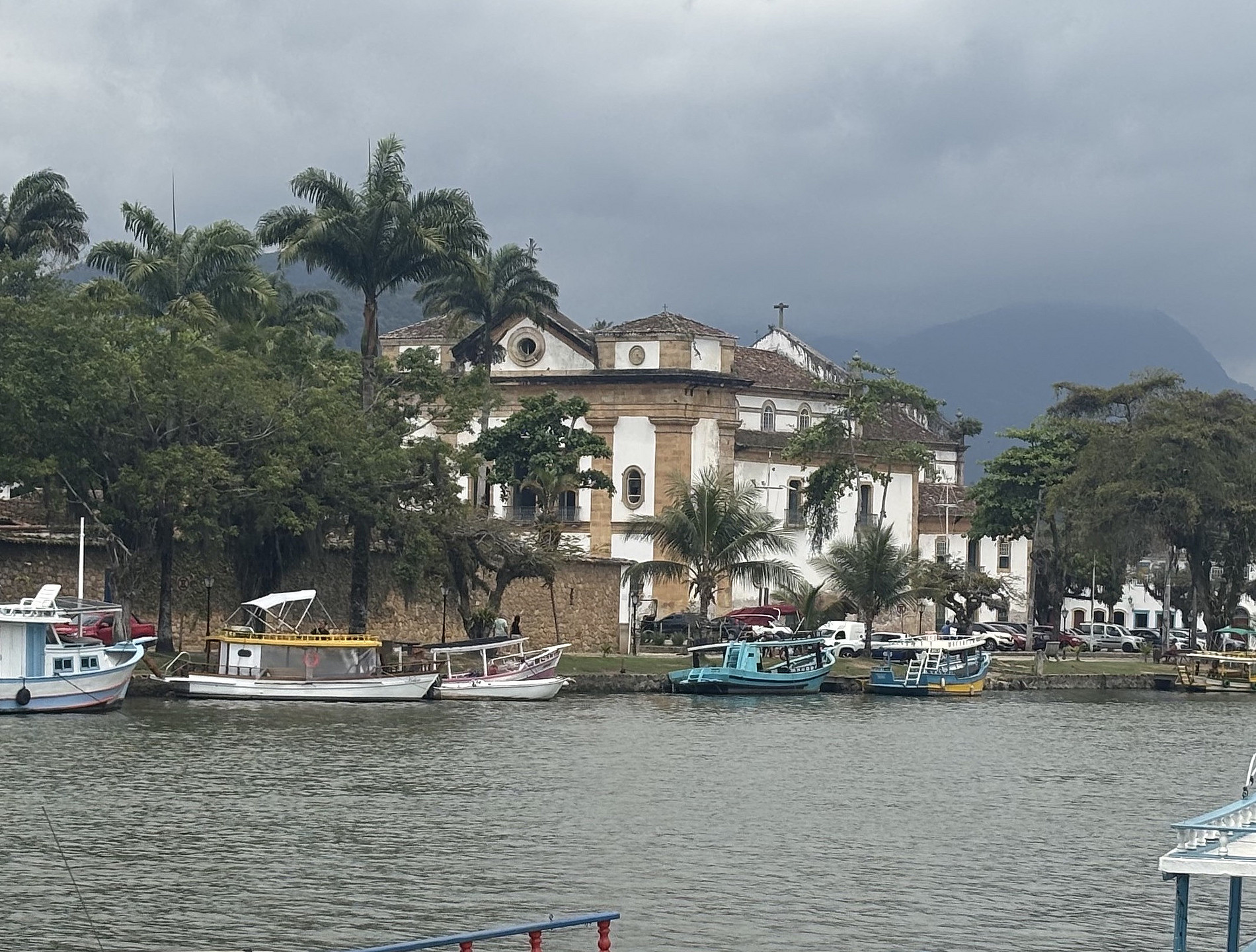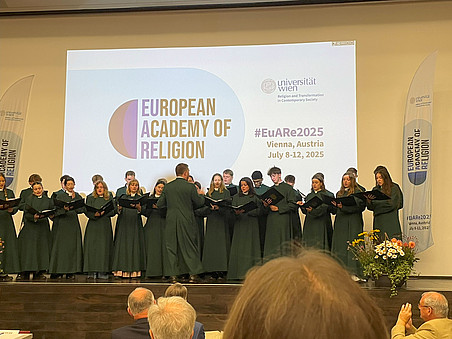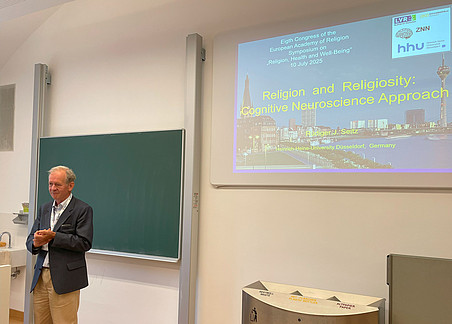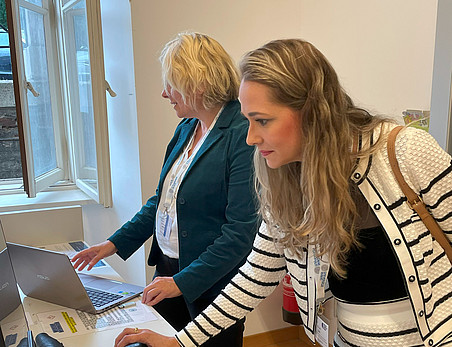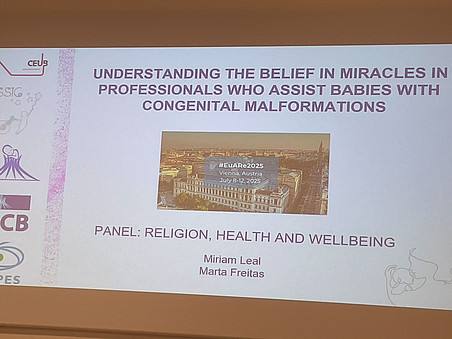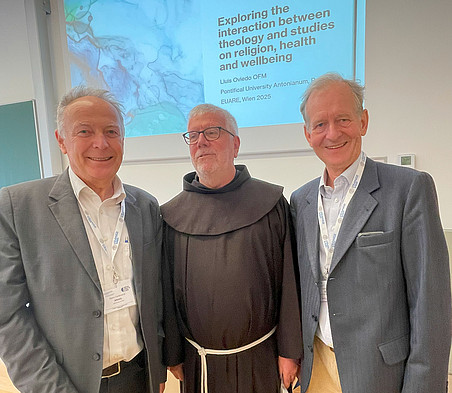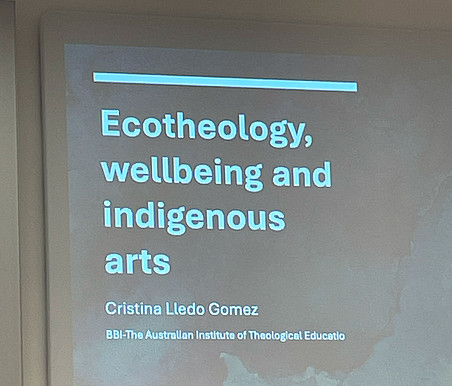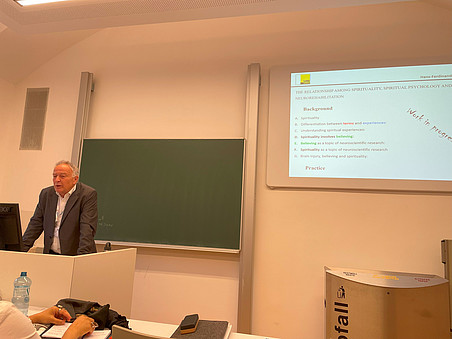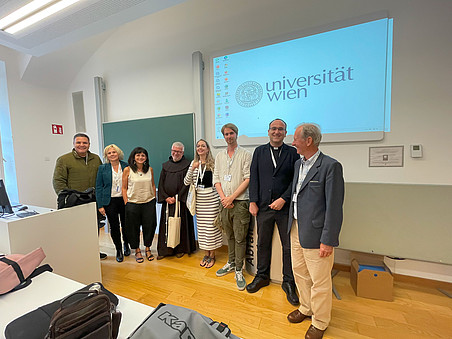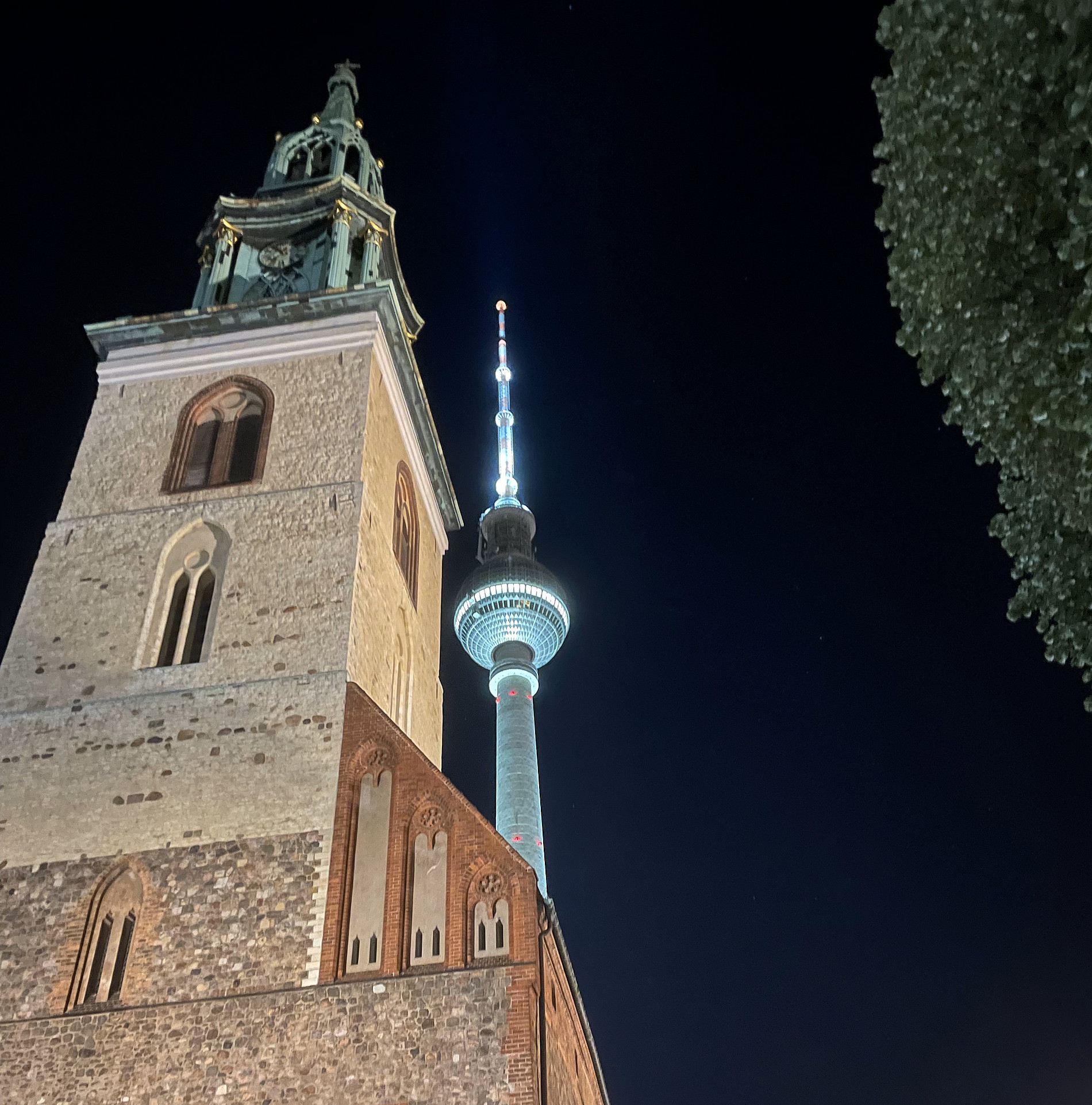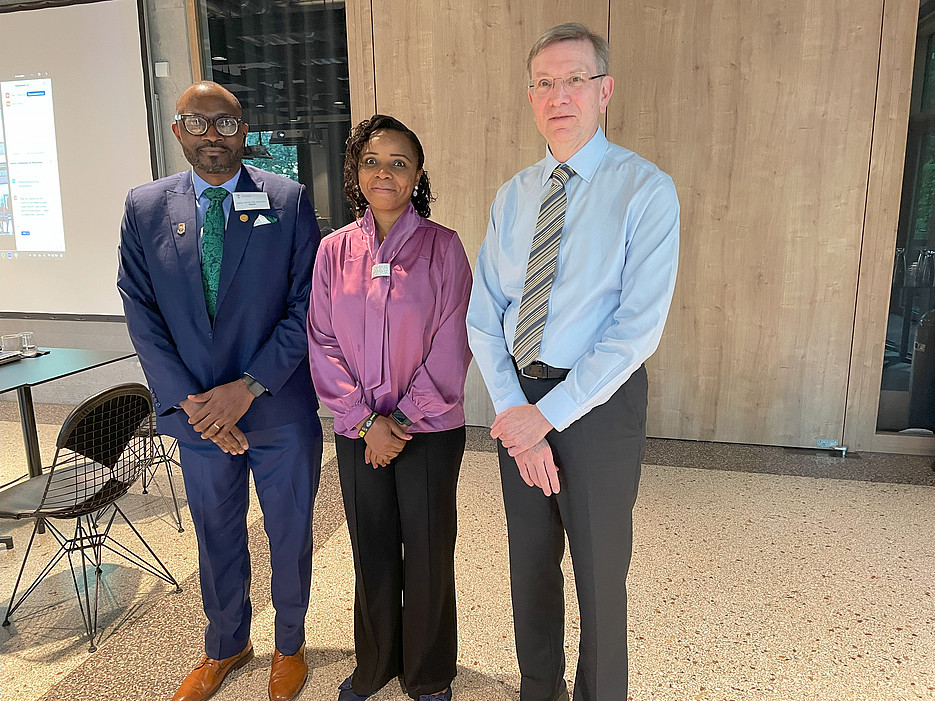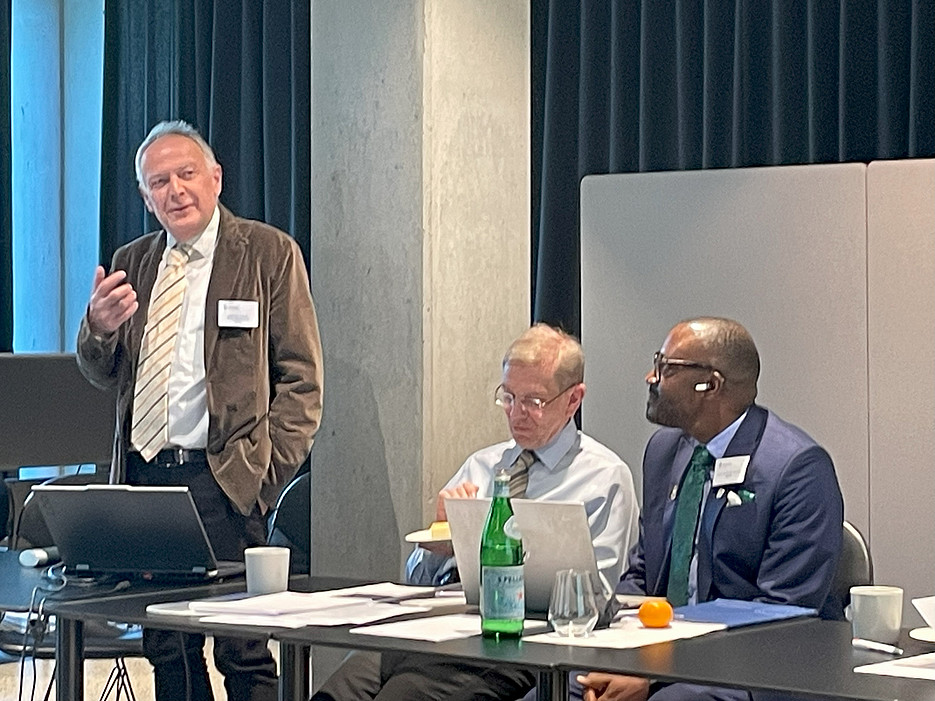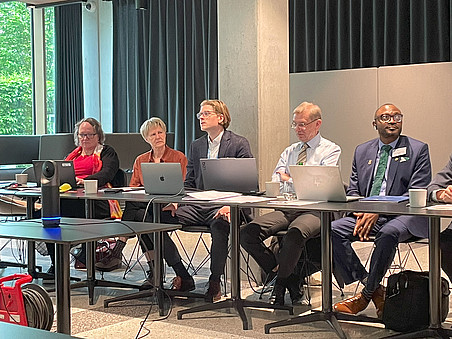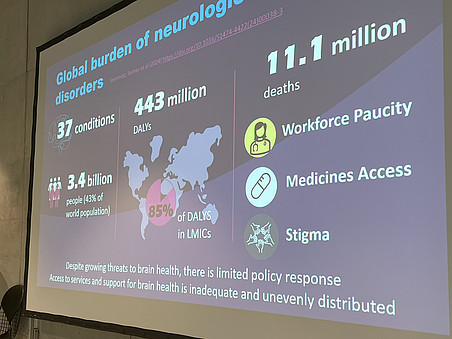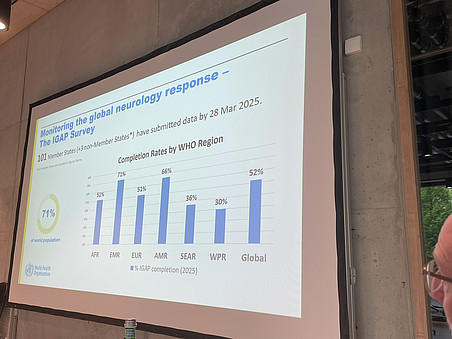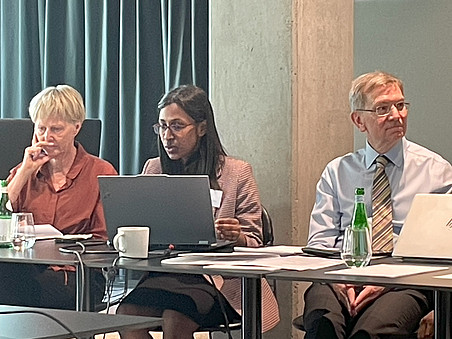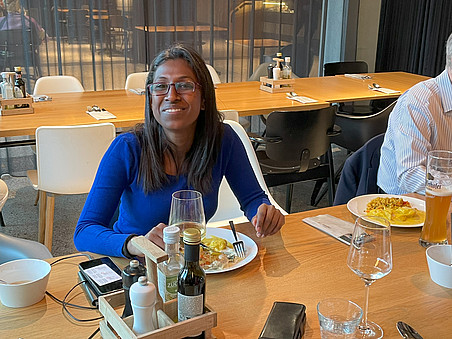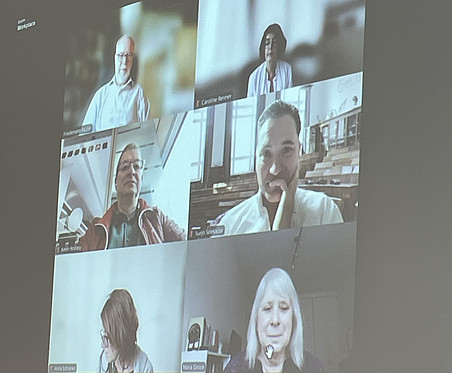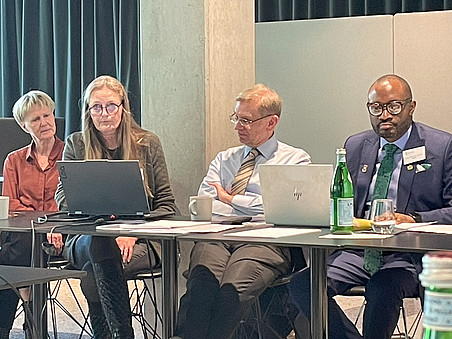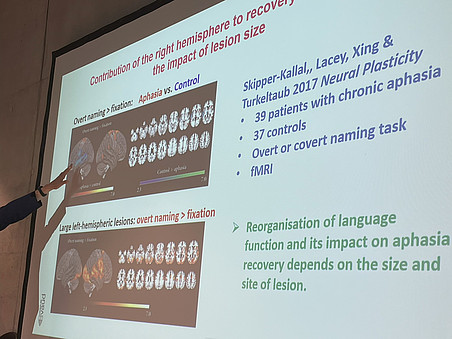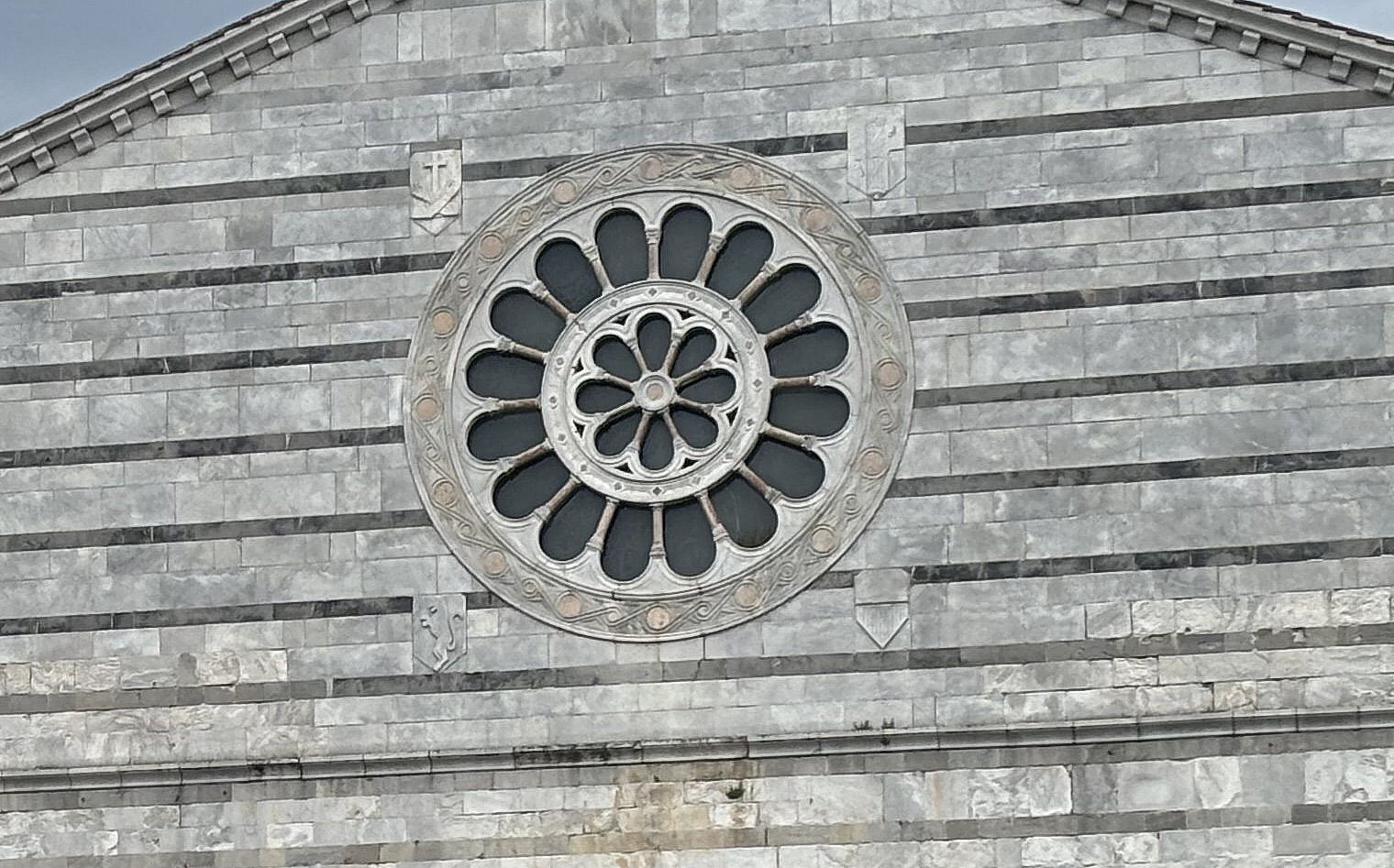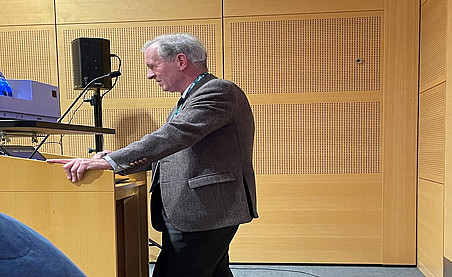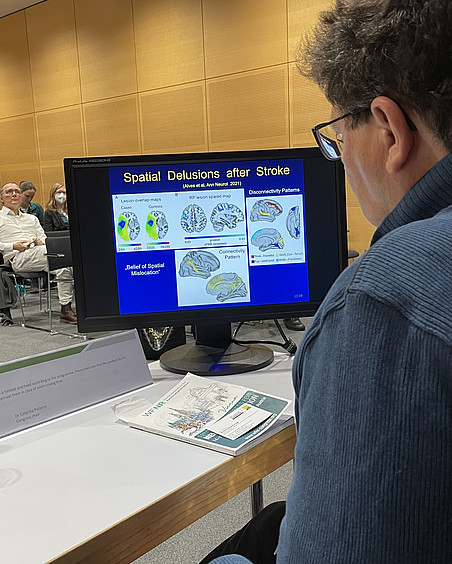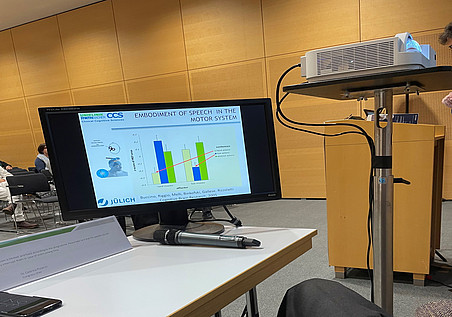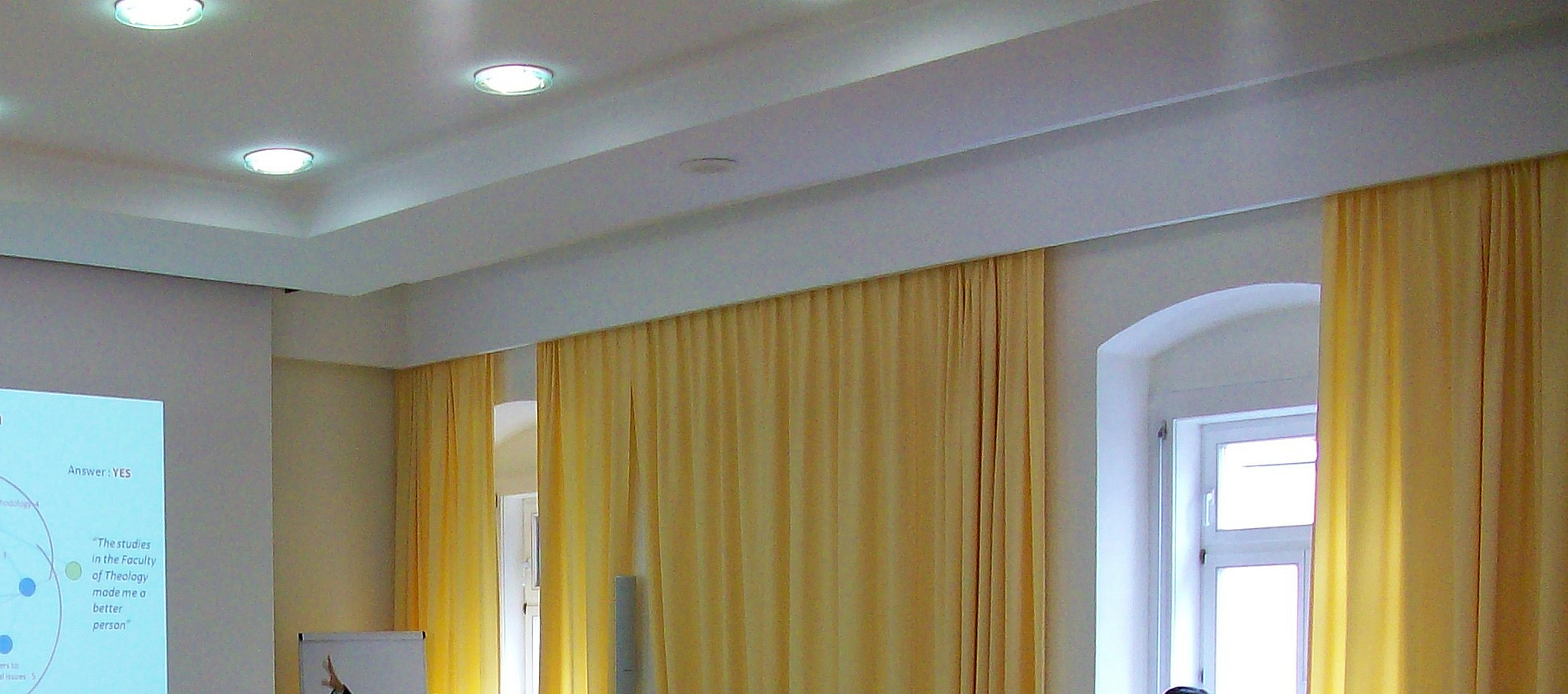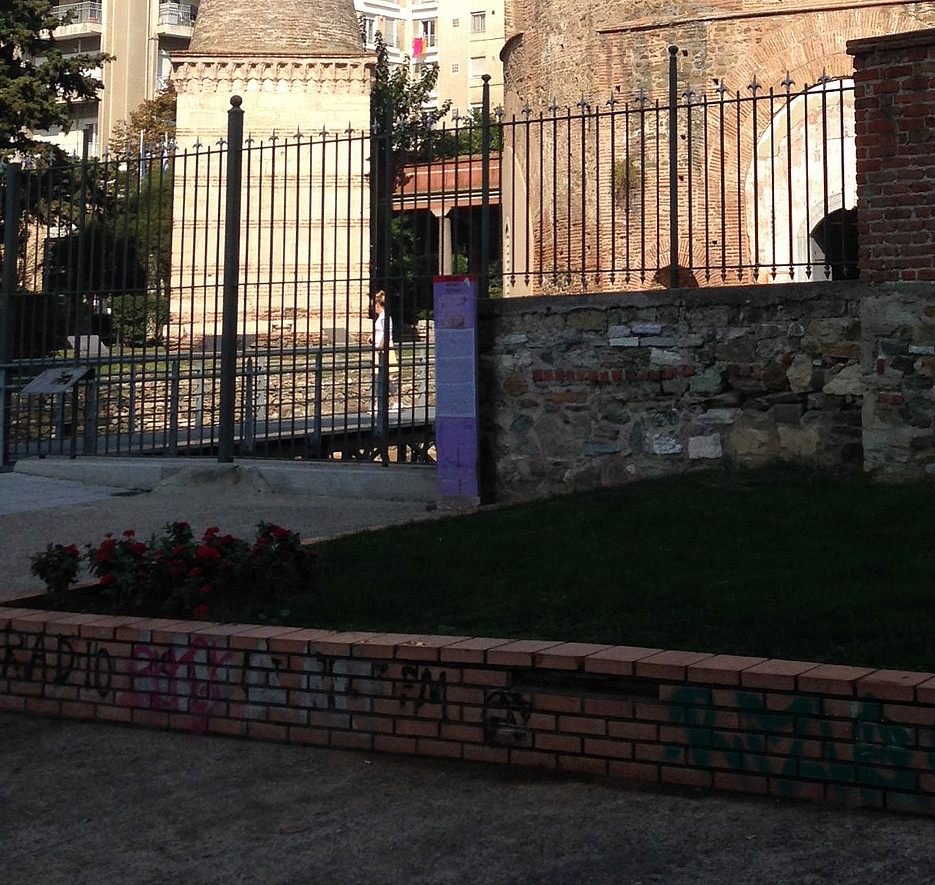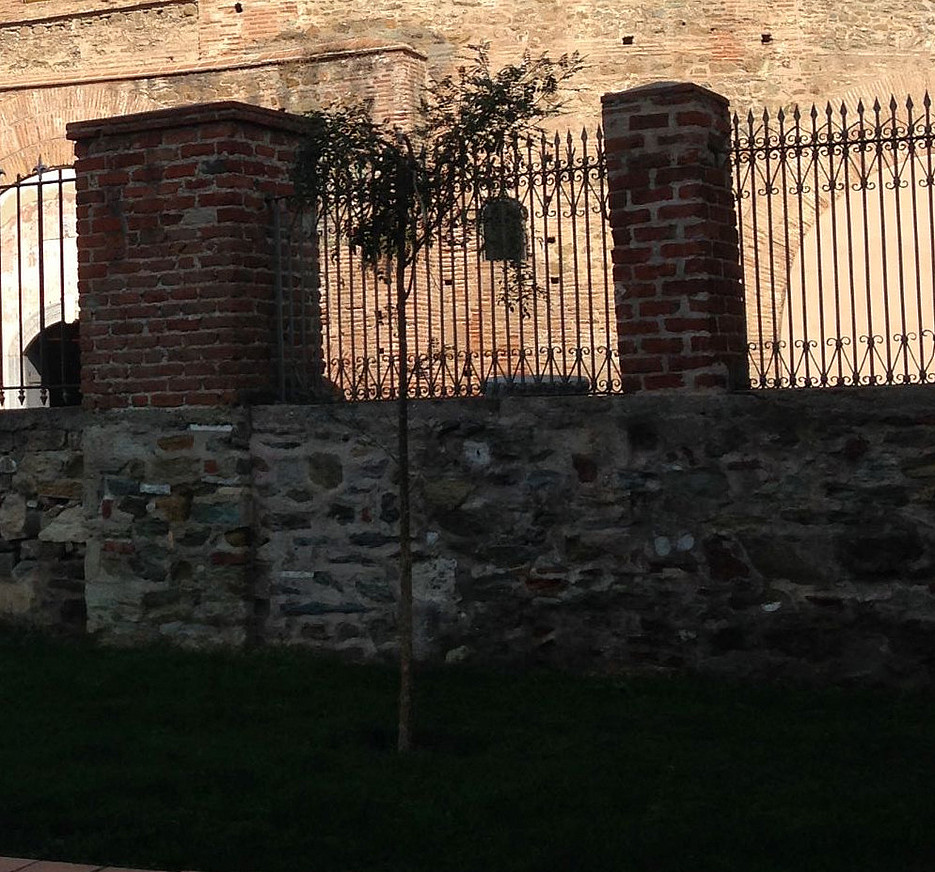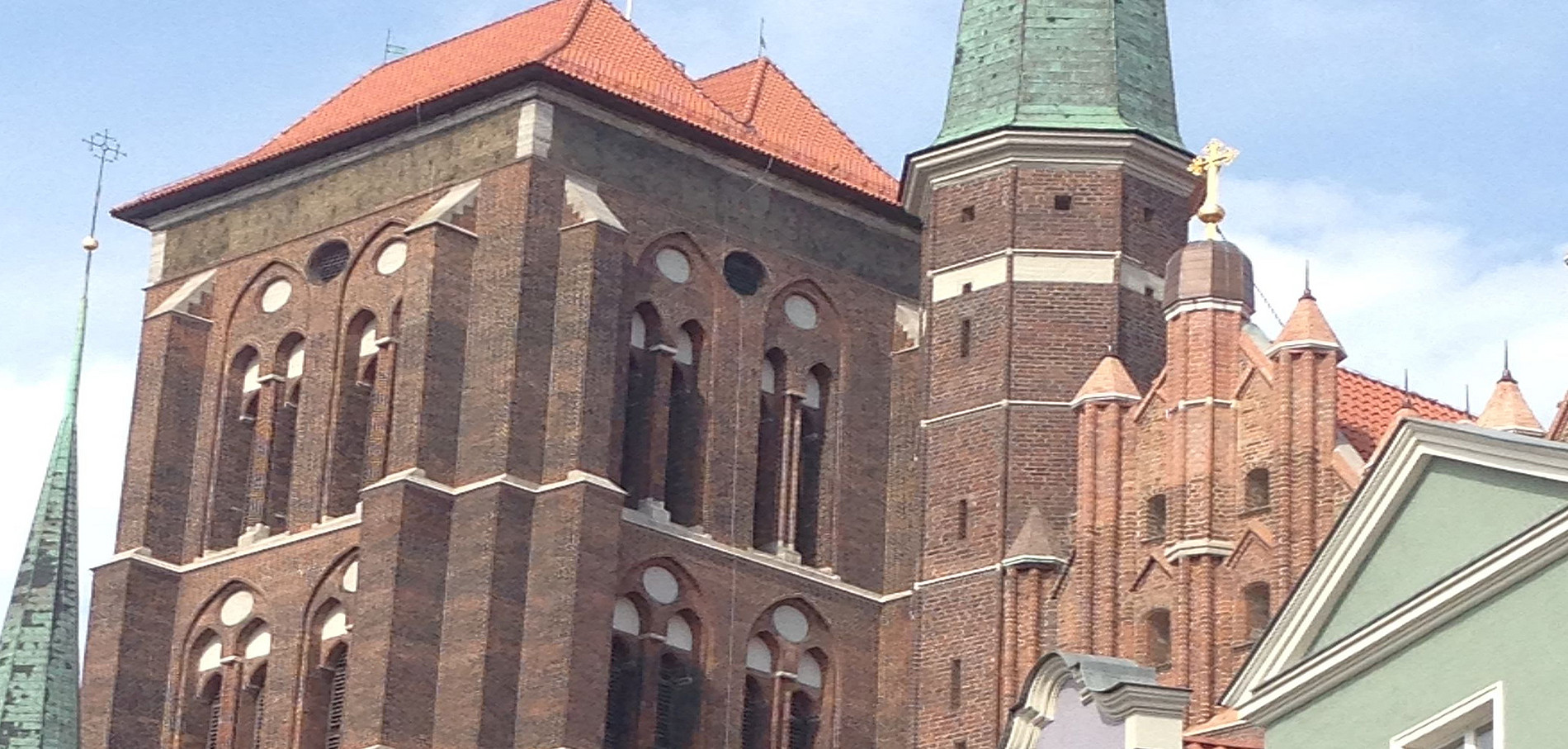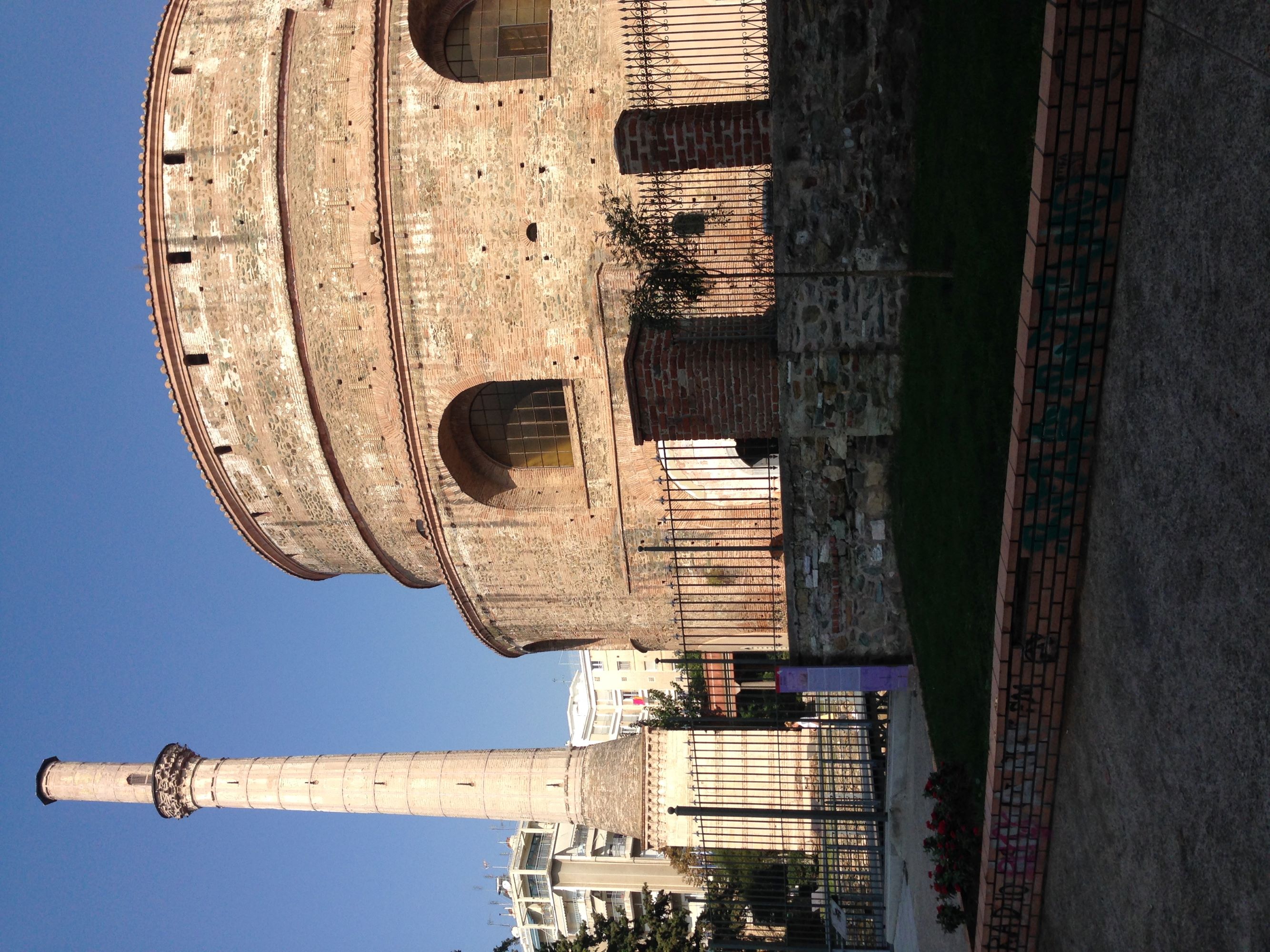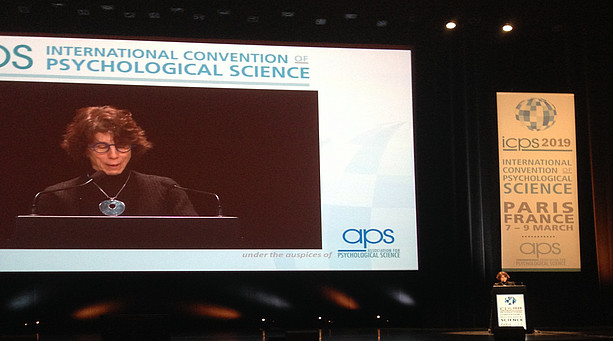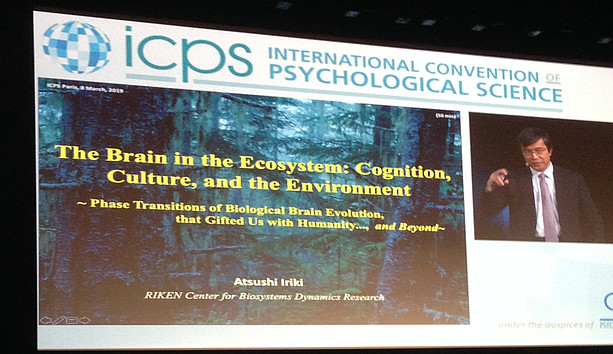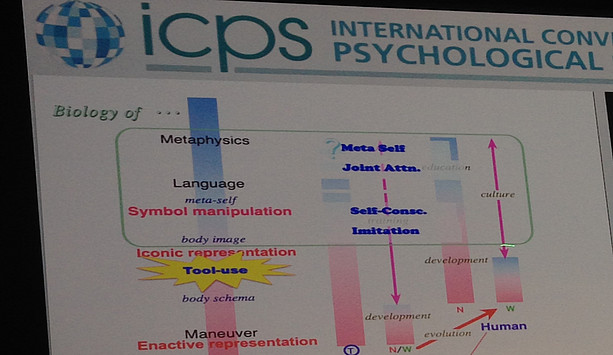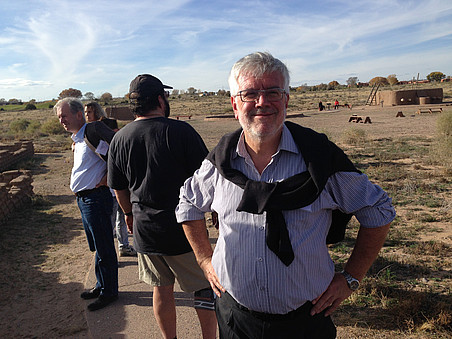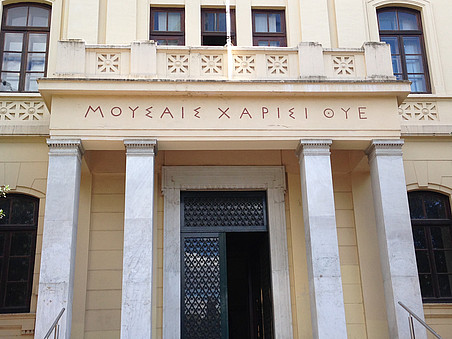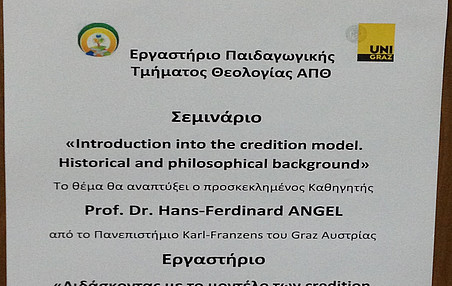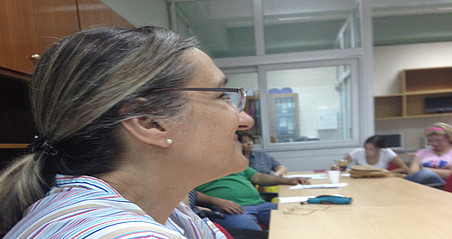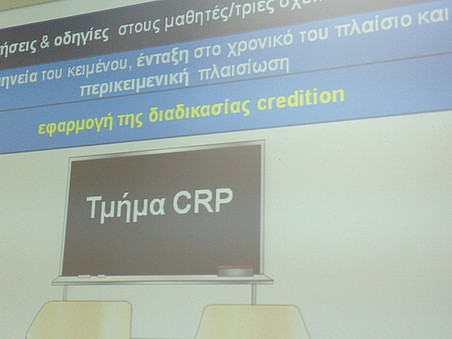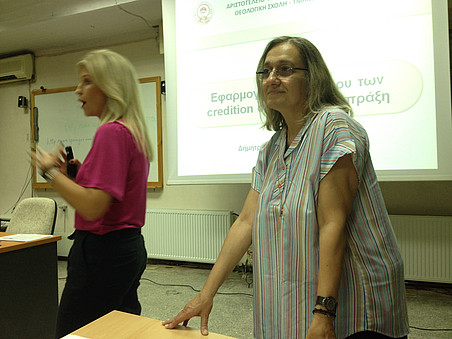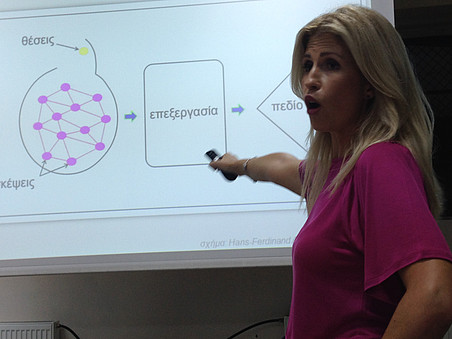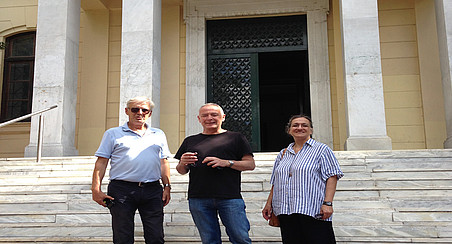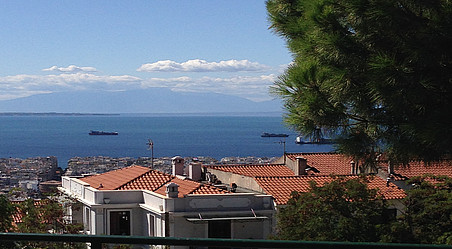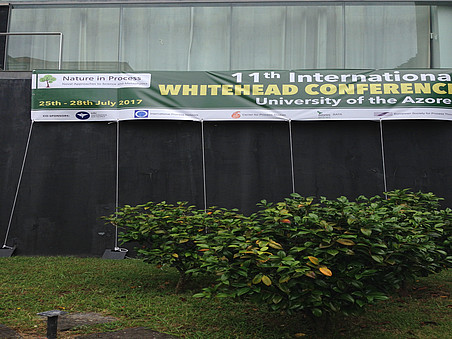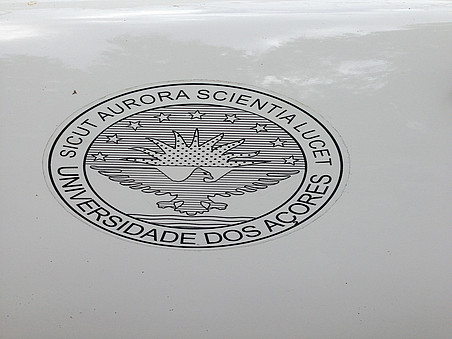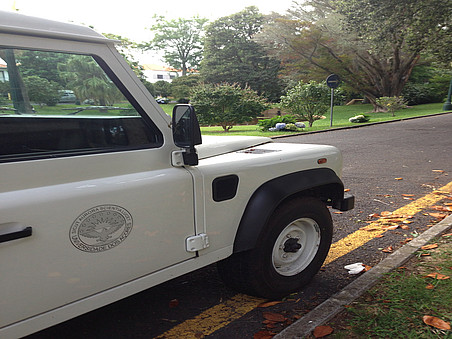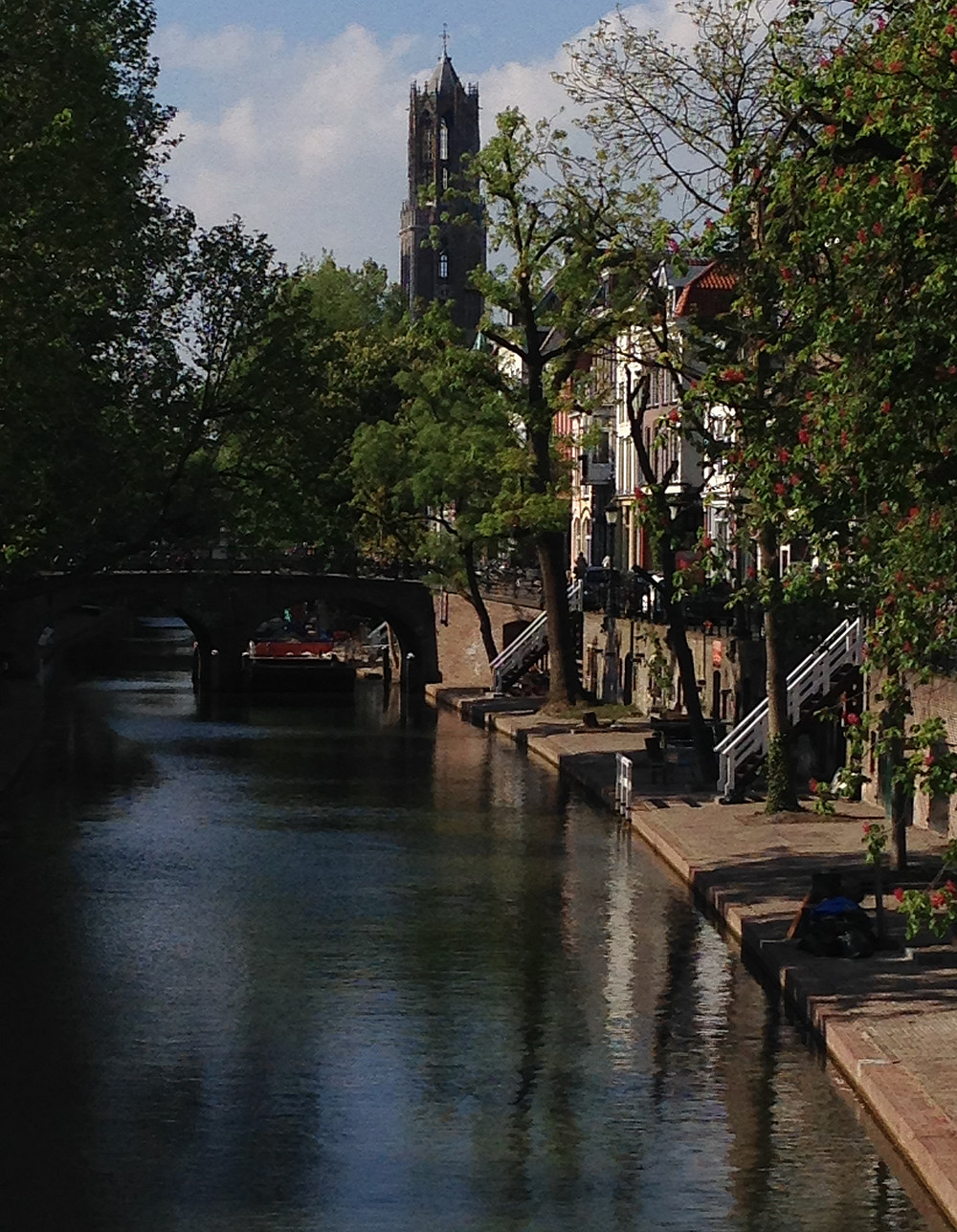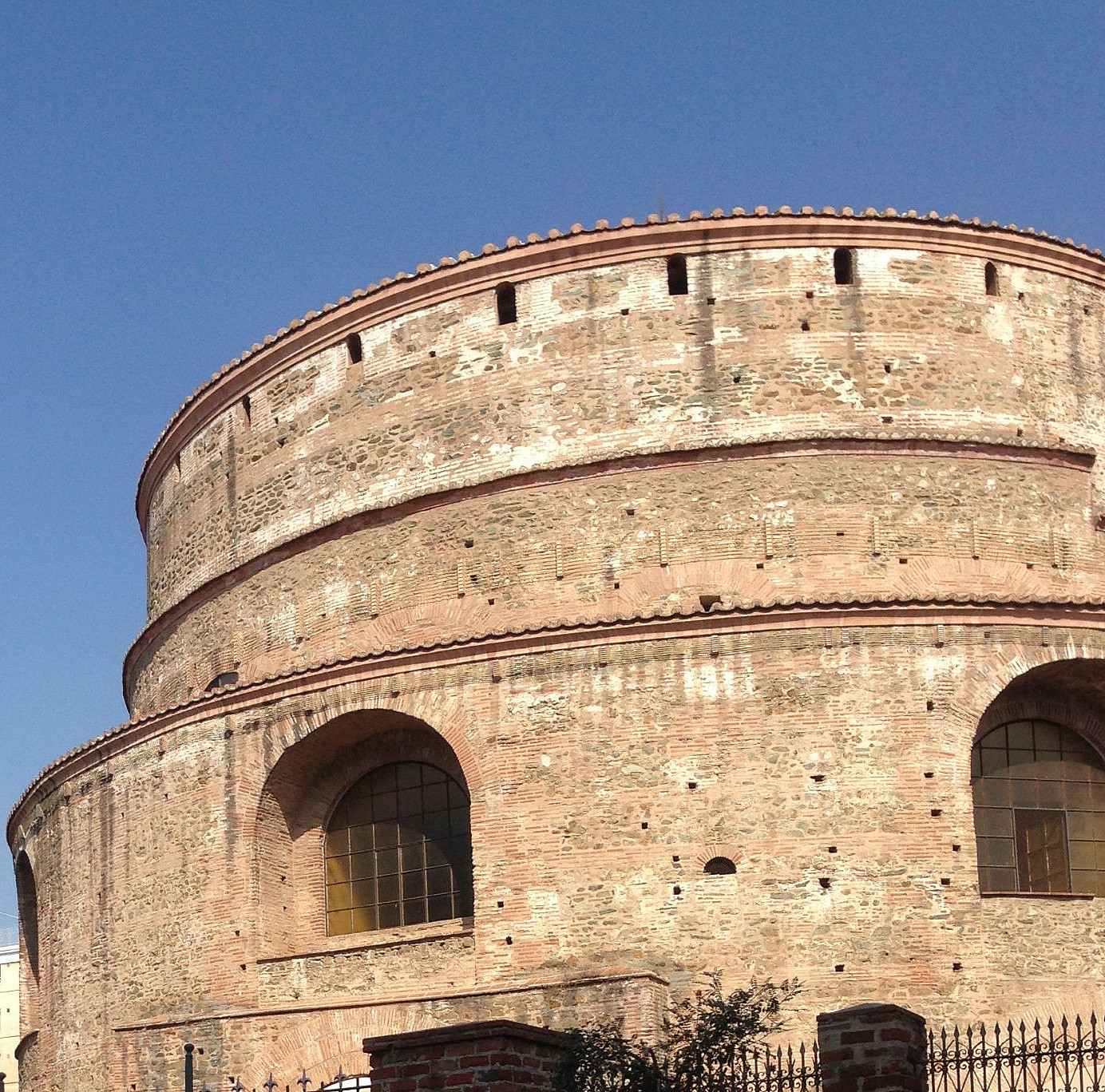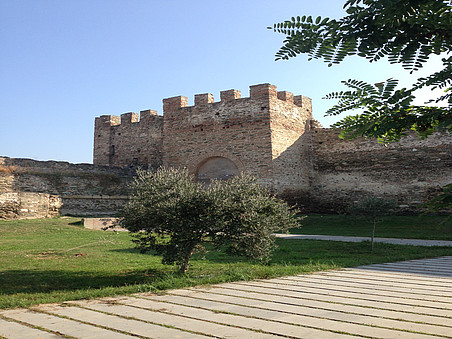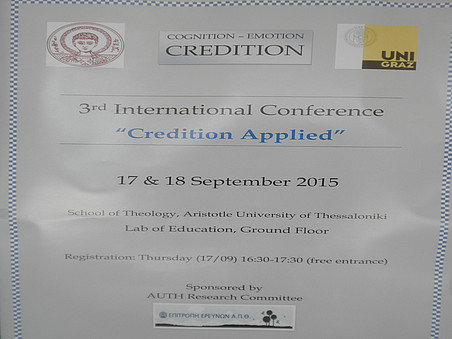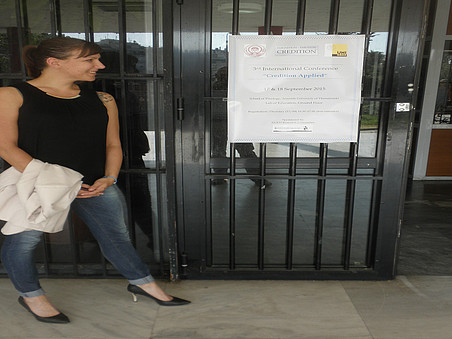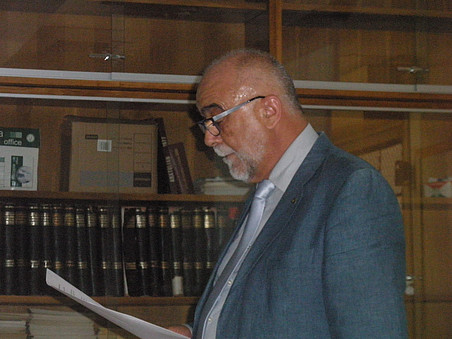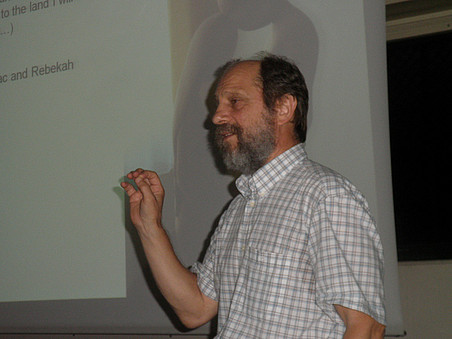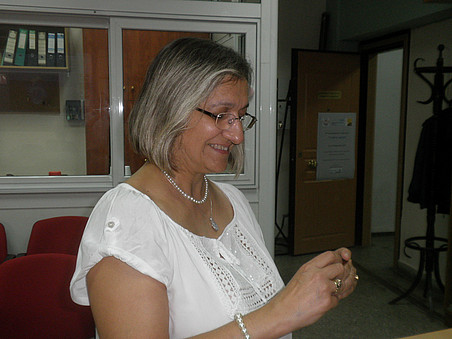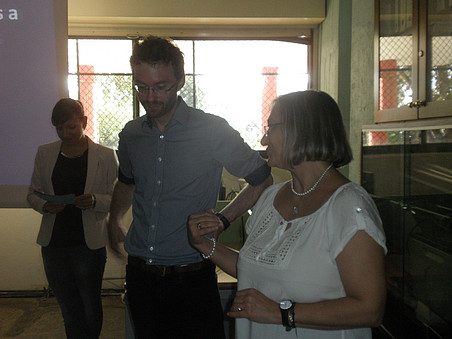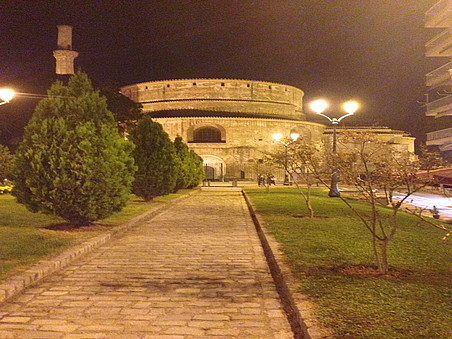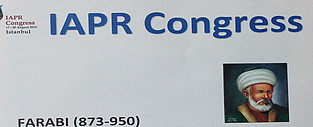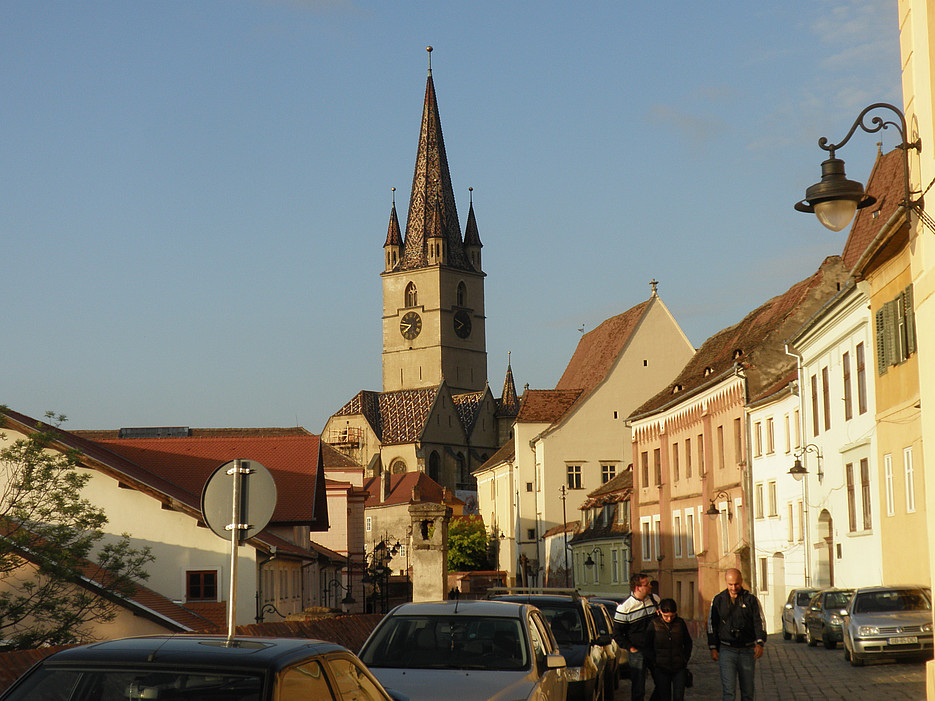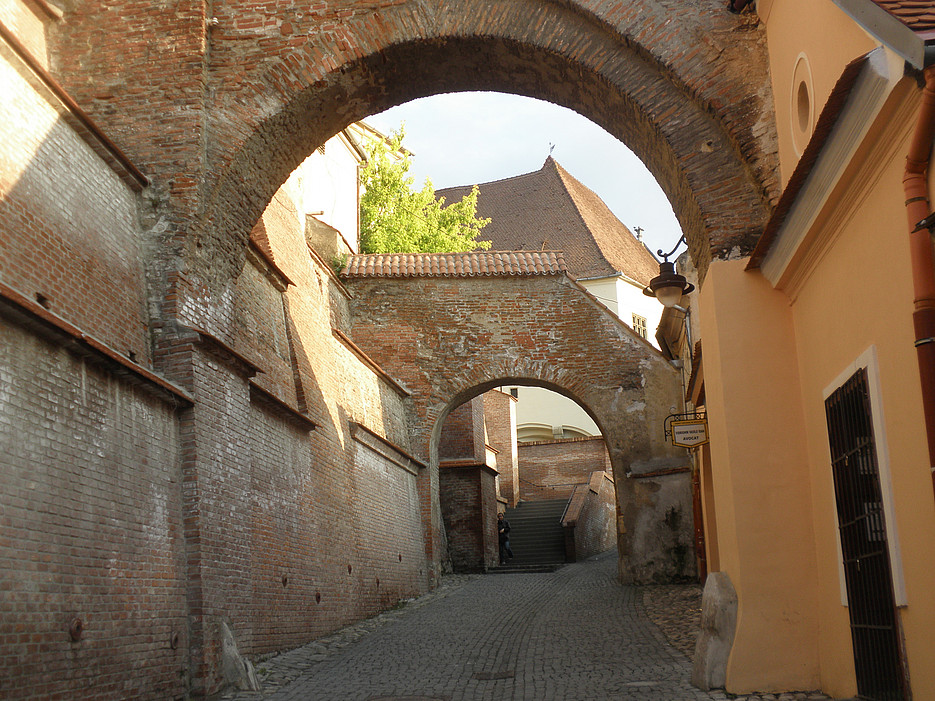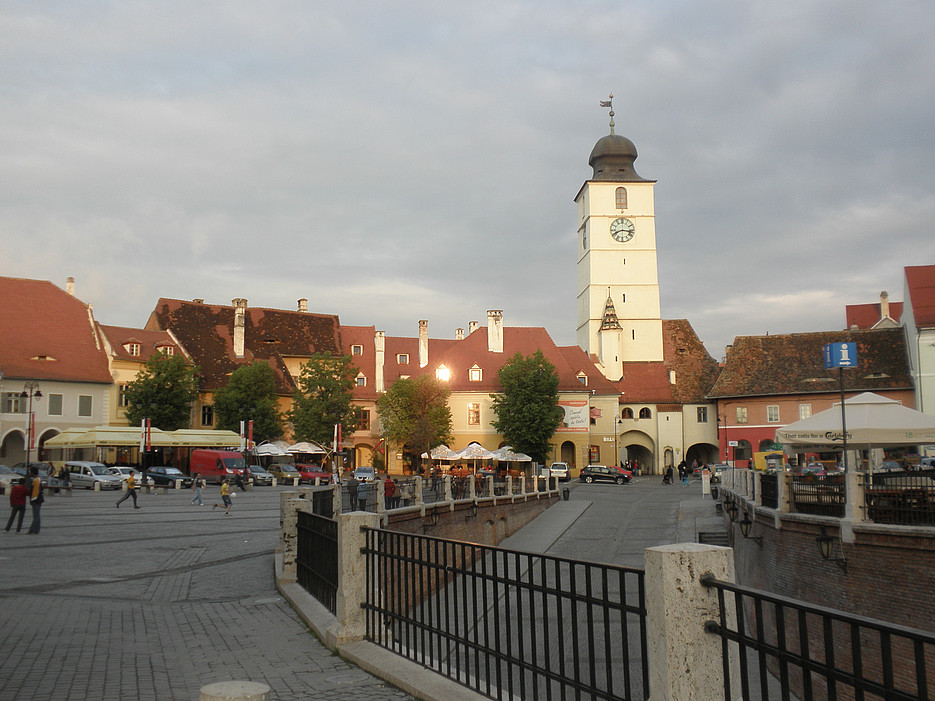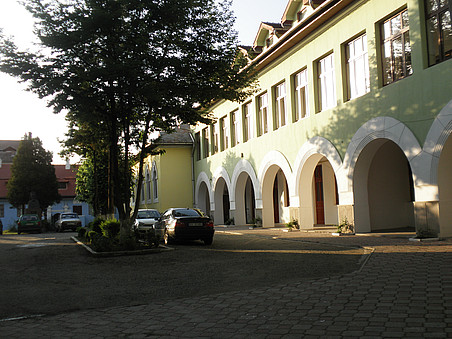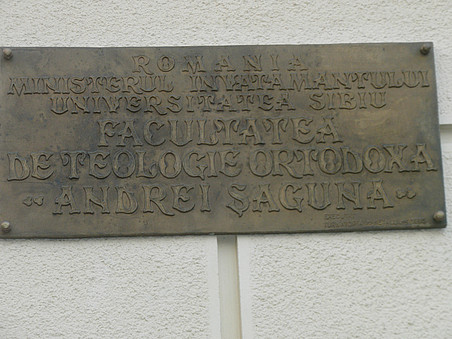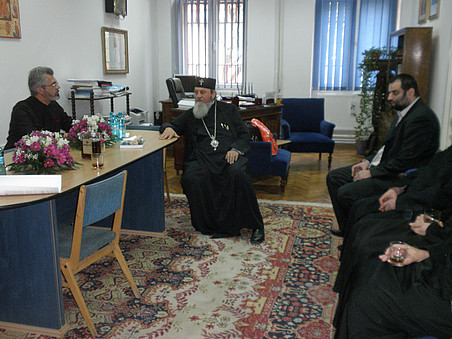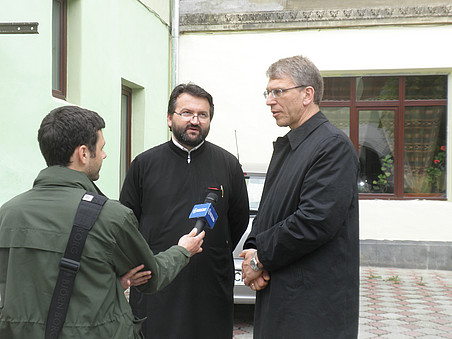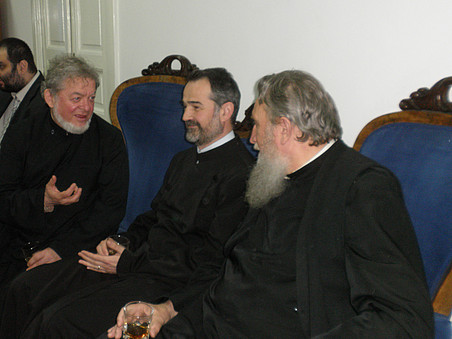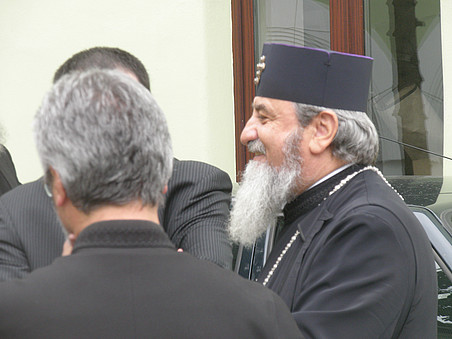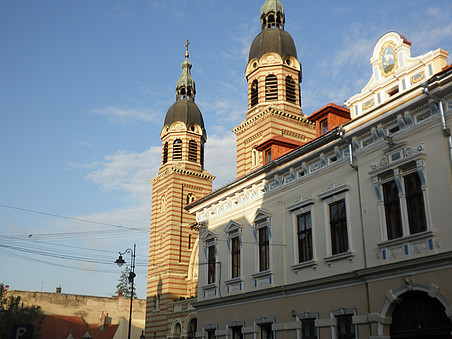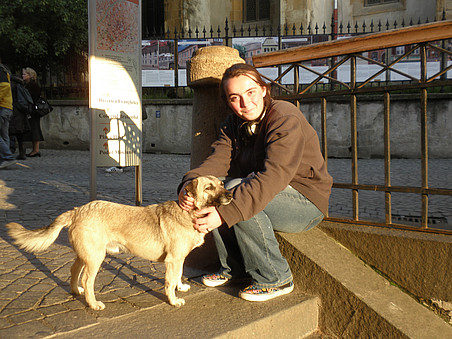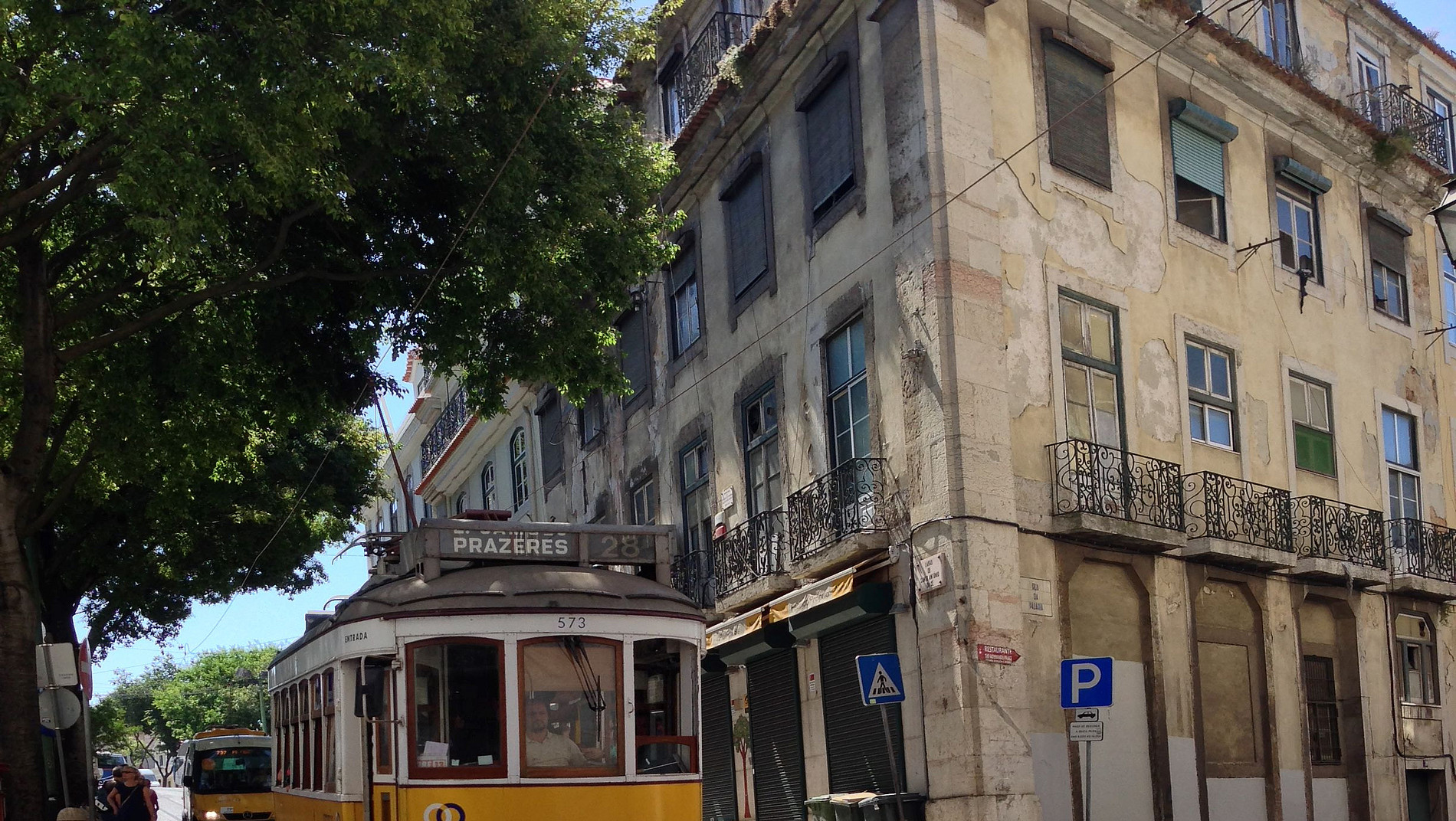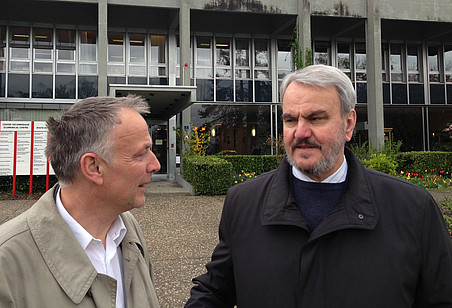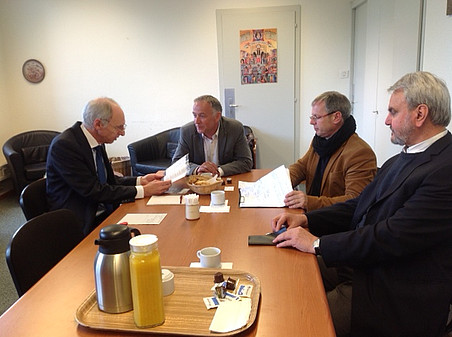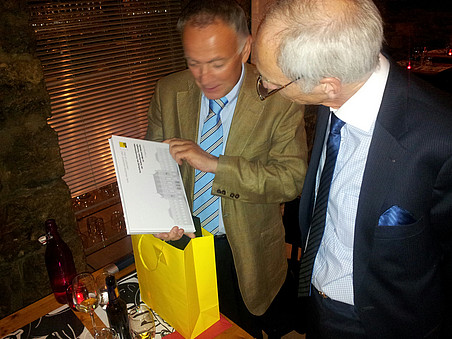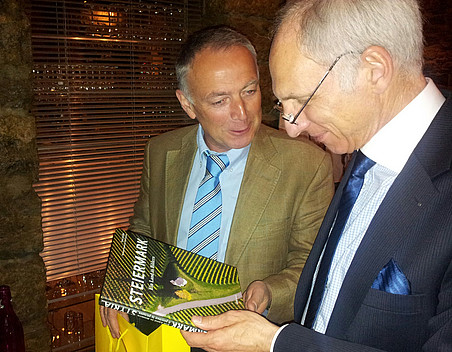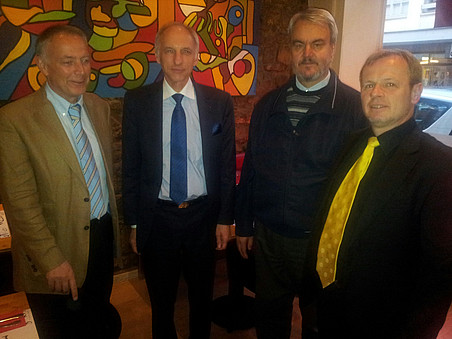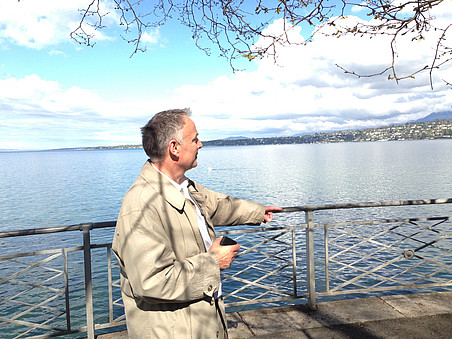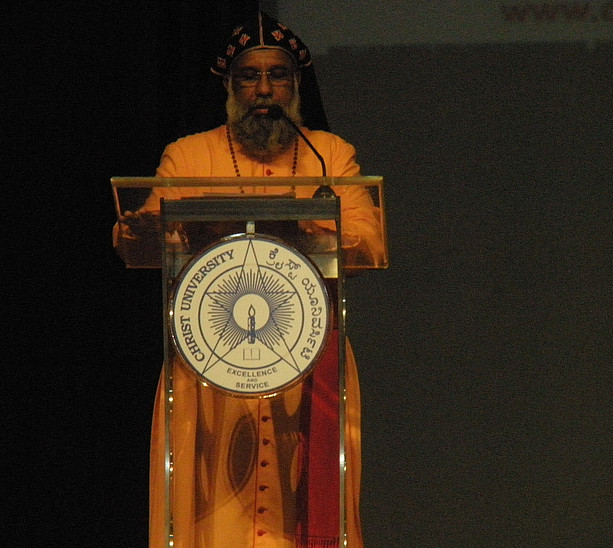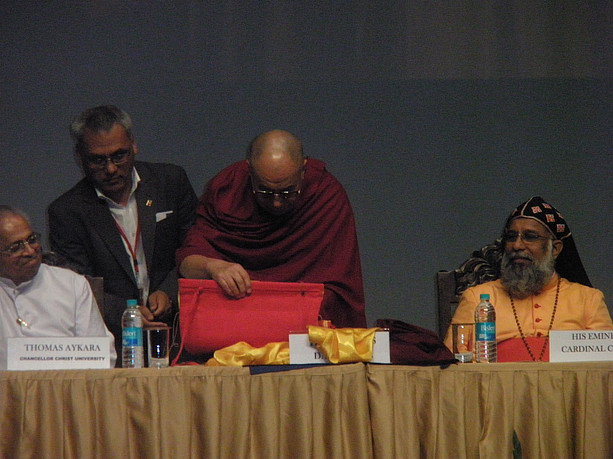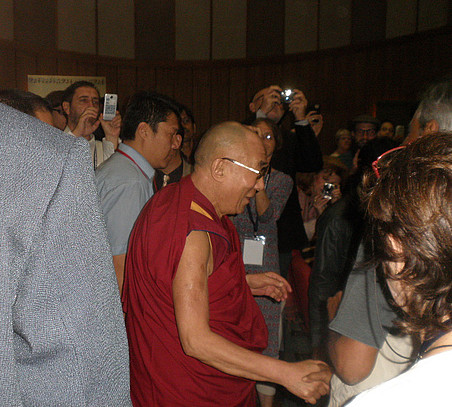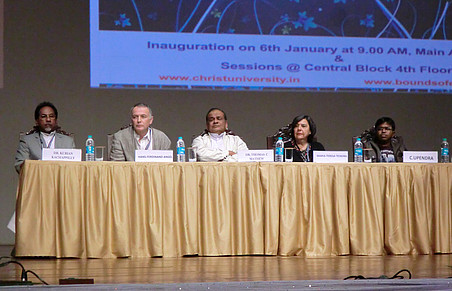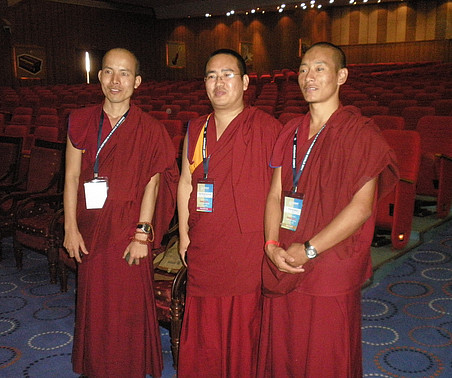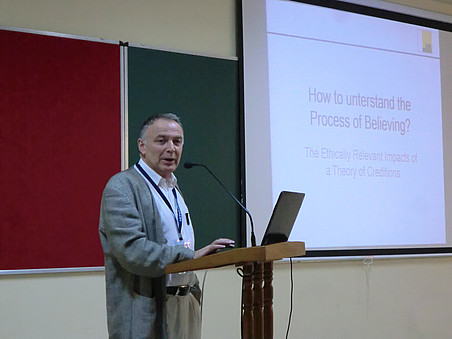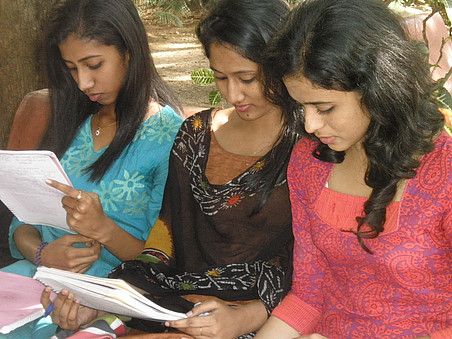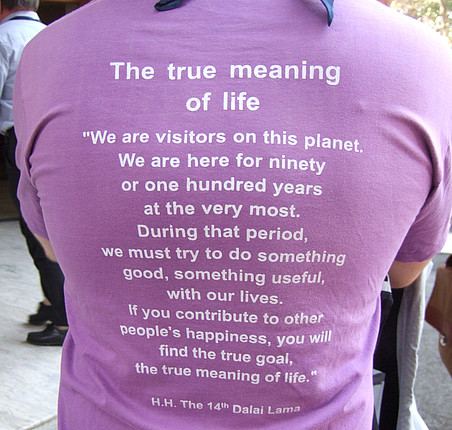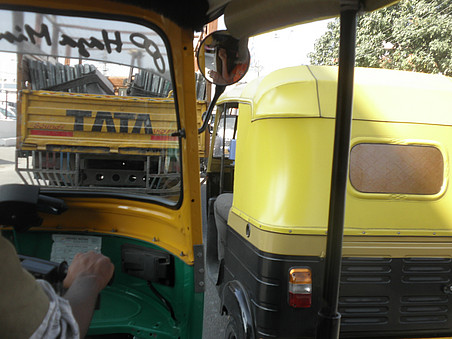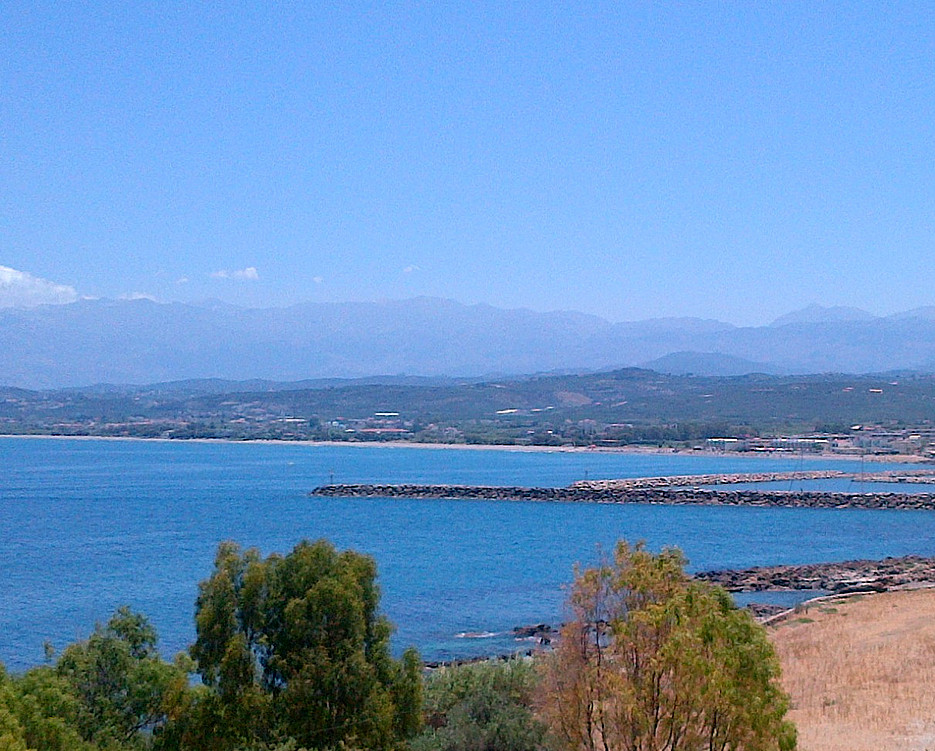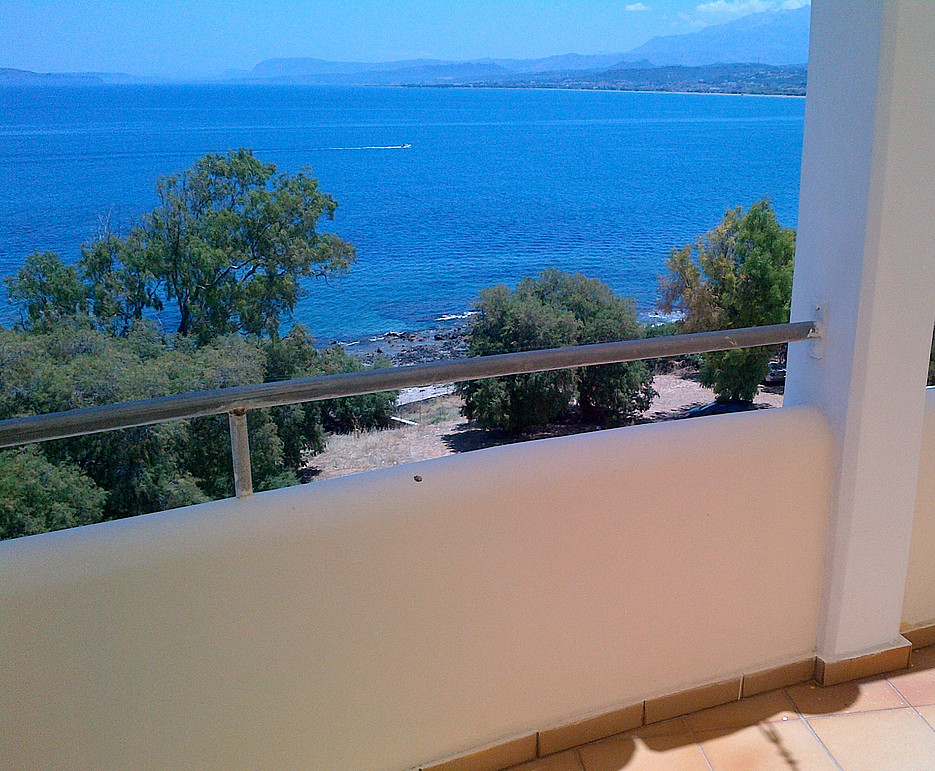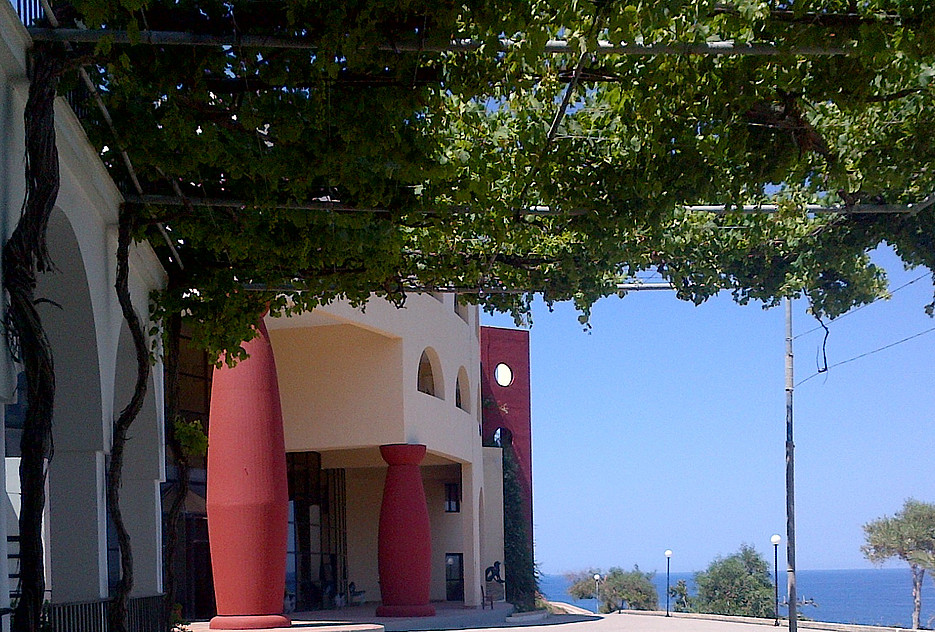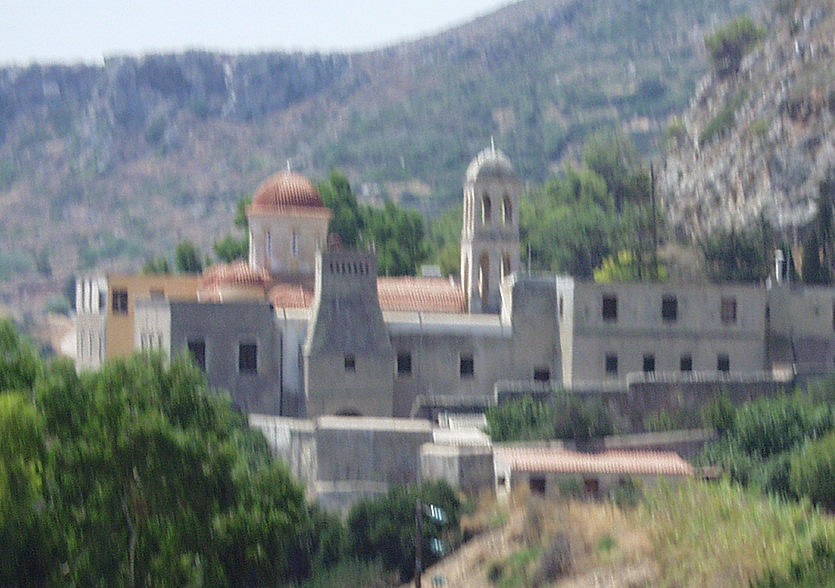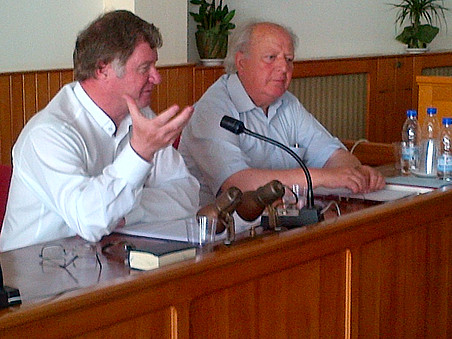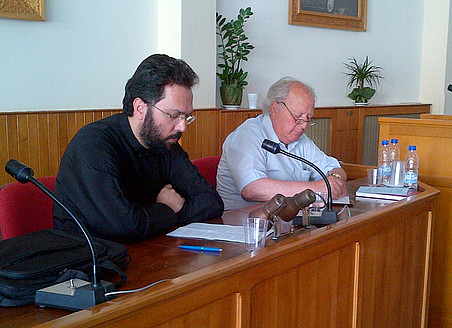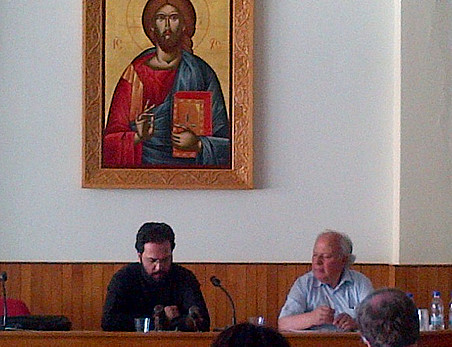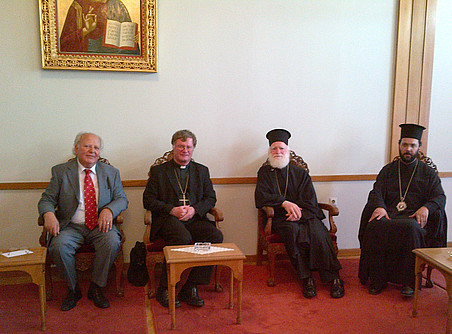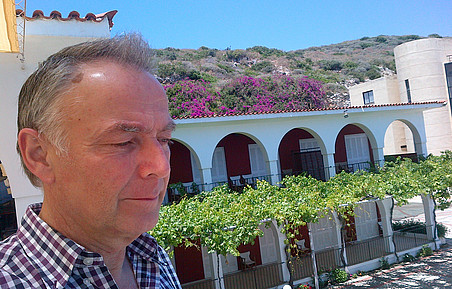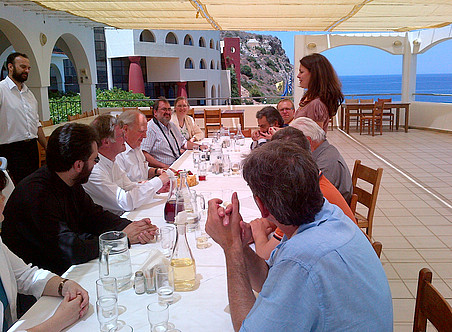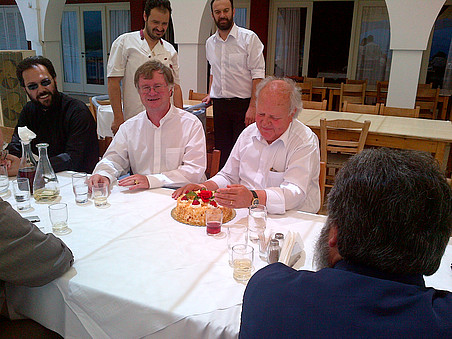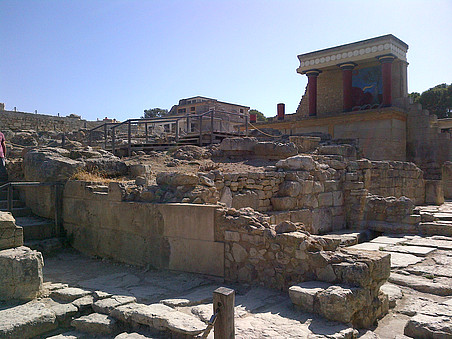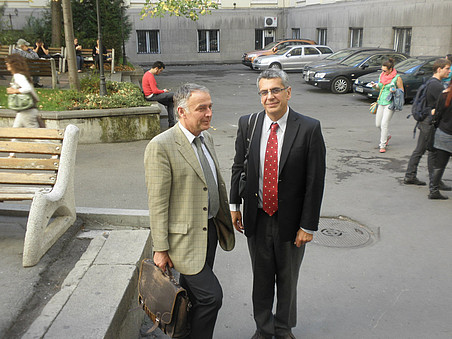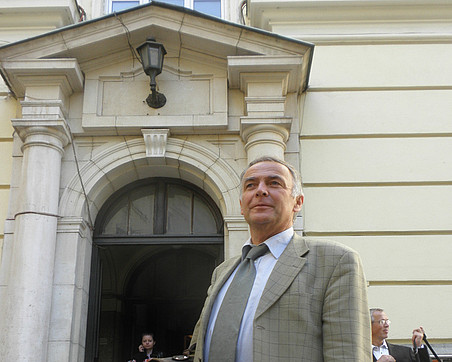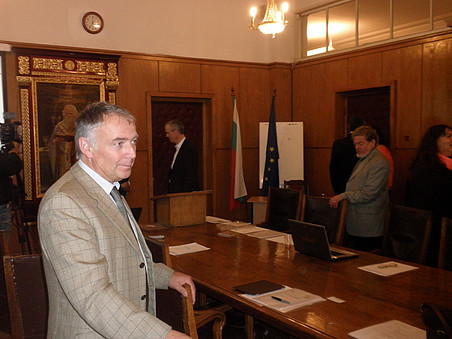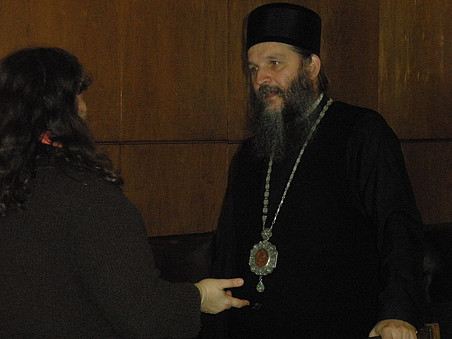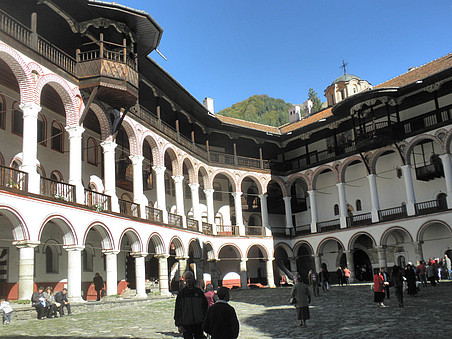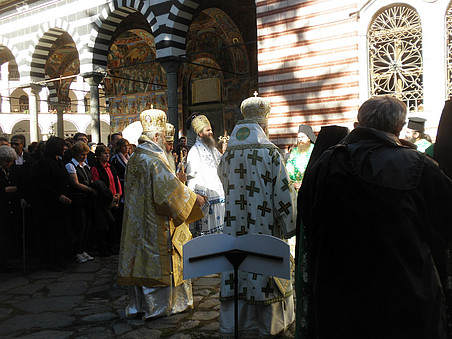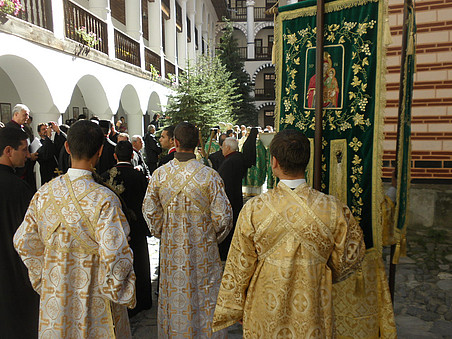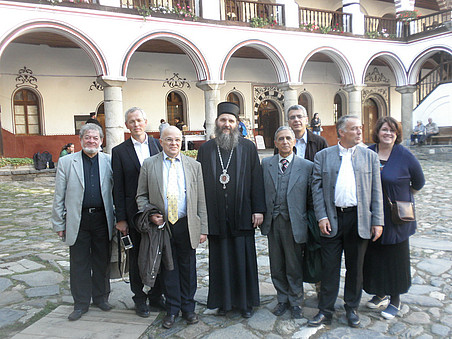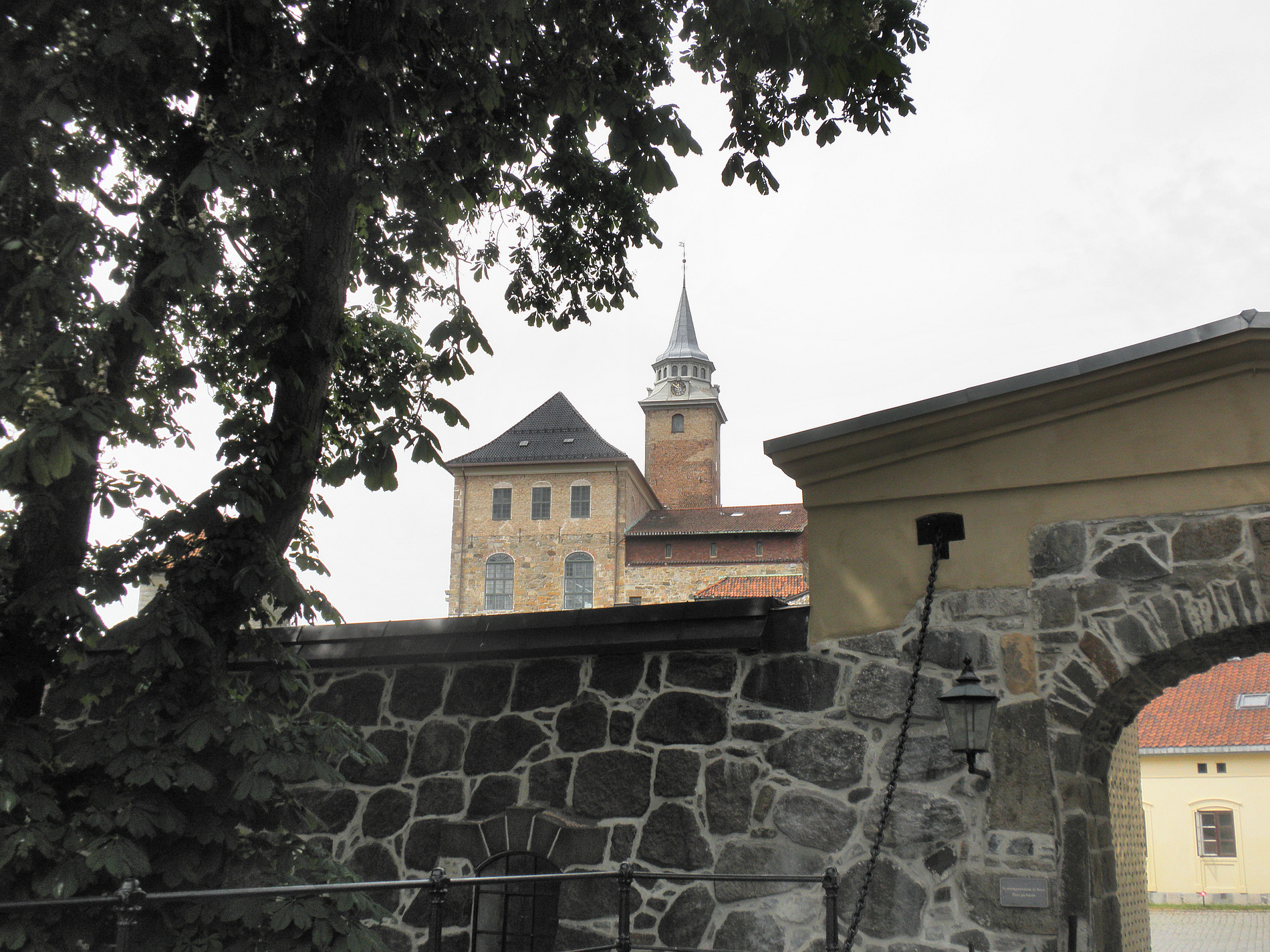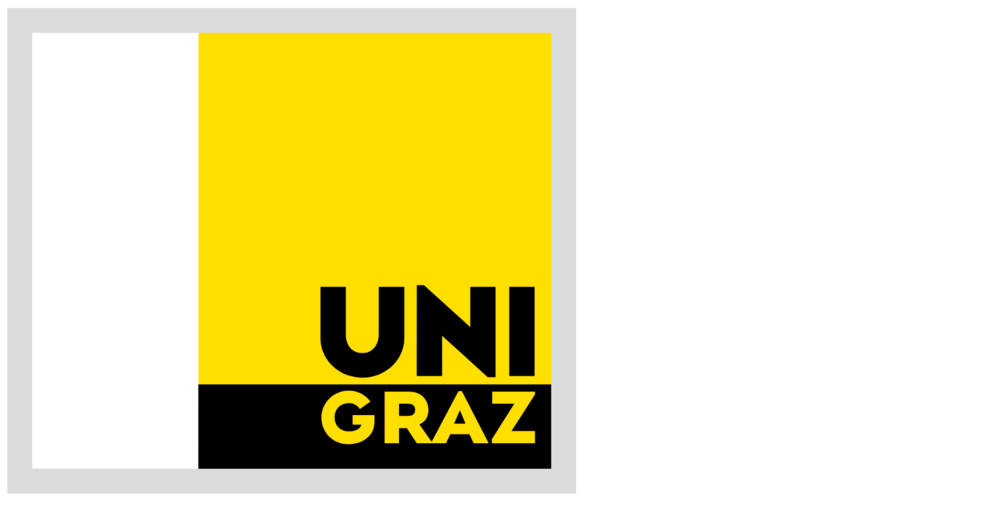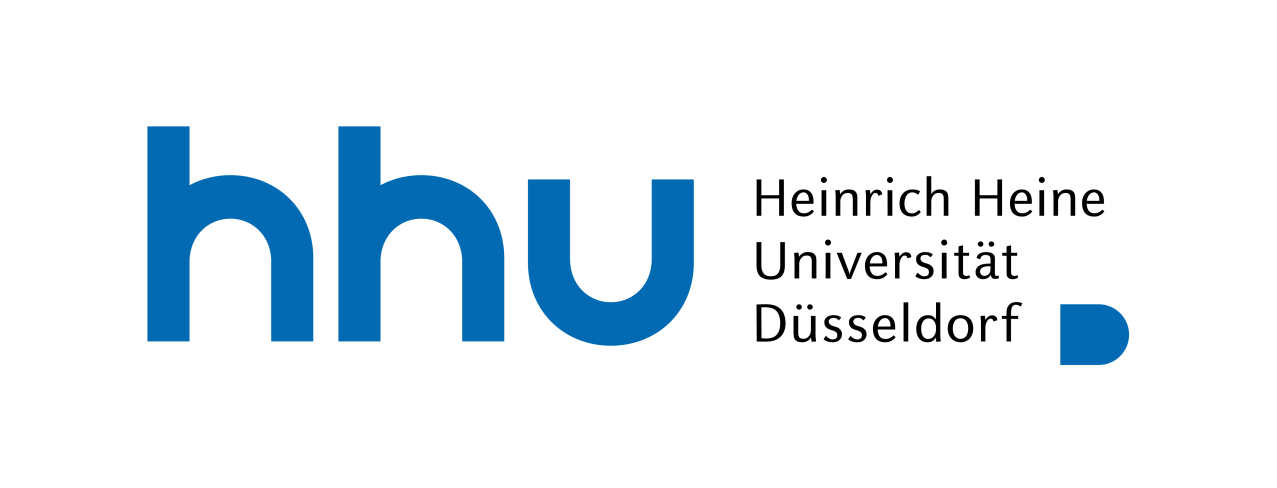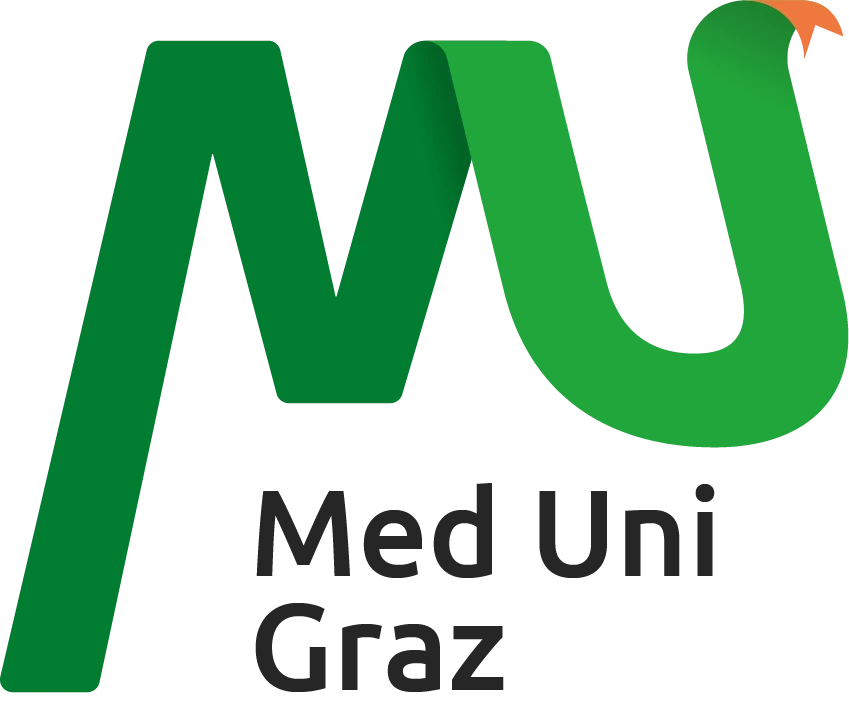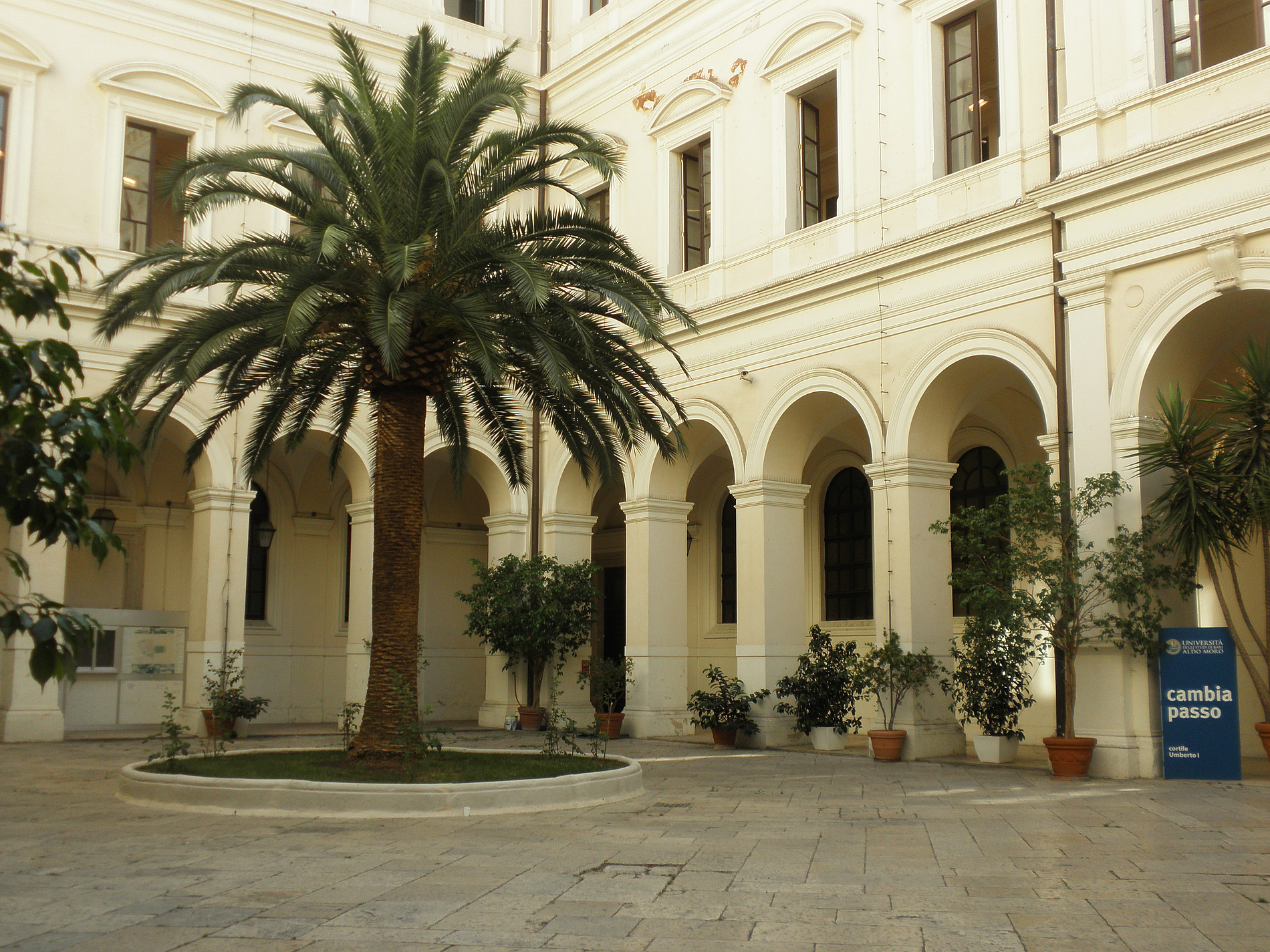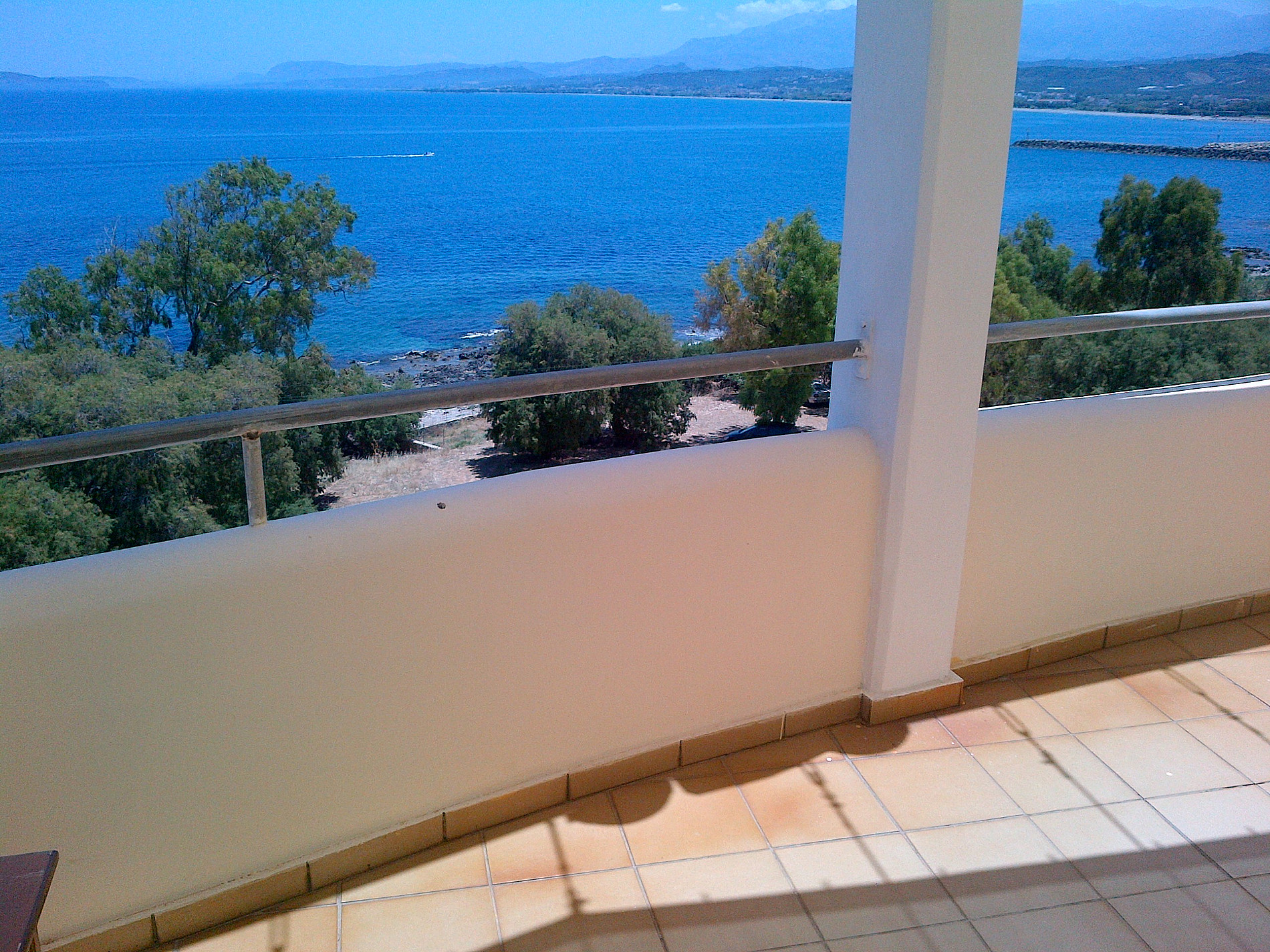Lectures and panels on Credition
The results of credition research are regularly presented at international congresses.
This page of the website is still under construction. The English text is AI-generated and needs a revision.
Information on the congresses
The topic of credition can be linked to a wide variety of scientific topics as well as to very different everyday practical issues. The following information on the various events therefore indicates the respective focus that was emphasised during the congresses. It is also stated which research direction of the Credition Research Project can be assigned to.
In the following overview, you can gain a brief insight into the history of the panels and congresses. The focus is not on the formation of theories: their development can be traced using the basic literature. The following documentation provides a scientific-historical view of the development of the understanding of creditions and thus an insight into the establishment of credition research. This makes it easier for you to understand when the course was set or where research was given new impetus.
The documentation begins with some events in the preliminary phase of credition research. It then leads on to the actual start of the research project. The Credition Research Project was established at the University of Graz in 2011 by Prof Peter Scherrer, the Vice-Rector for Research. The following list contains only a selection of events and is not exhaustive. Not mentioned at all are the annual conferences organised by the Credition Headquarter Graz . You can find them here. Apart from some important meetings and larger conferences, the following list only includes those congresses to which members of the Credition Research Project were invited.
Freiburg (Germany)
Field of research: Basic research
Focus: Credition and neurorehabilitation
4 - 6 December 2025
Symposium of the German, Austrian and Swiss Neurorehabilitation Societies (D.A.Ch.)
At the symposium of the three neurorehabilitation societies, Prof Rüdiger J. Seitz spoke on the topic: "Neurorehabilitation and beyond: cognitive neuroscience of believing and spirituality". The topic presented by Dr Sebastian F. Winter: "Brain health, Rehabilitation 2030 and related WHO activities" was a good addition.
Winter is a consultant at theWorld Health Organisation's Brain Health Unit. Like Rüdiger J. Seitz,he is also a member of the Lancet Commission on Neurorehabilitation and spoke at the Lancet Commission conference in Berlin in April 2025.
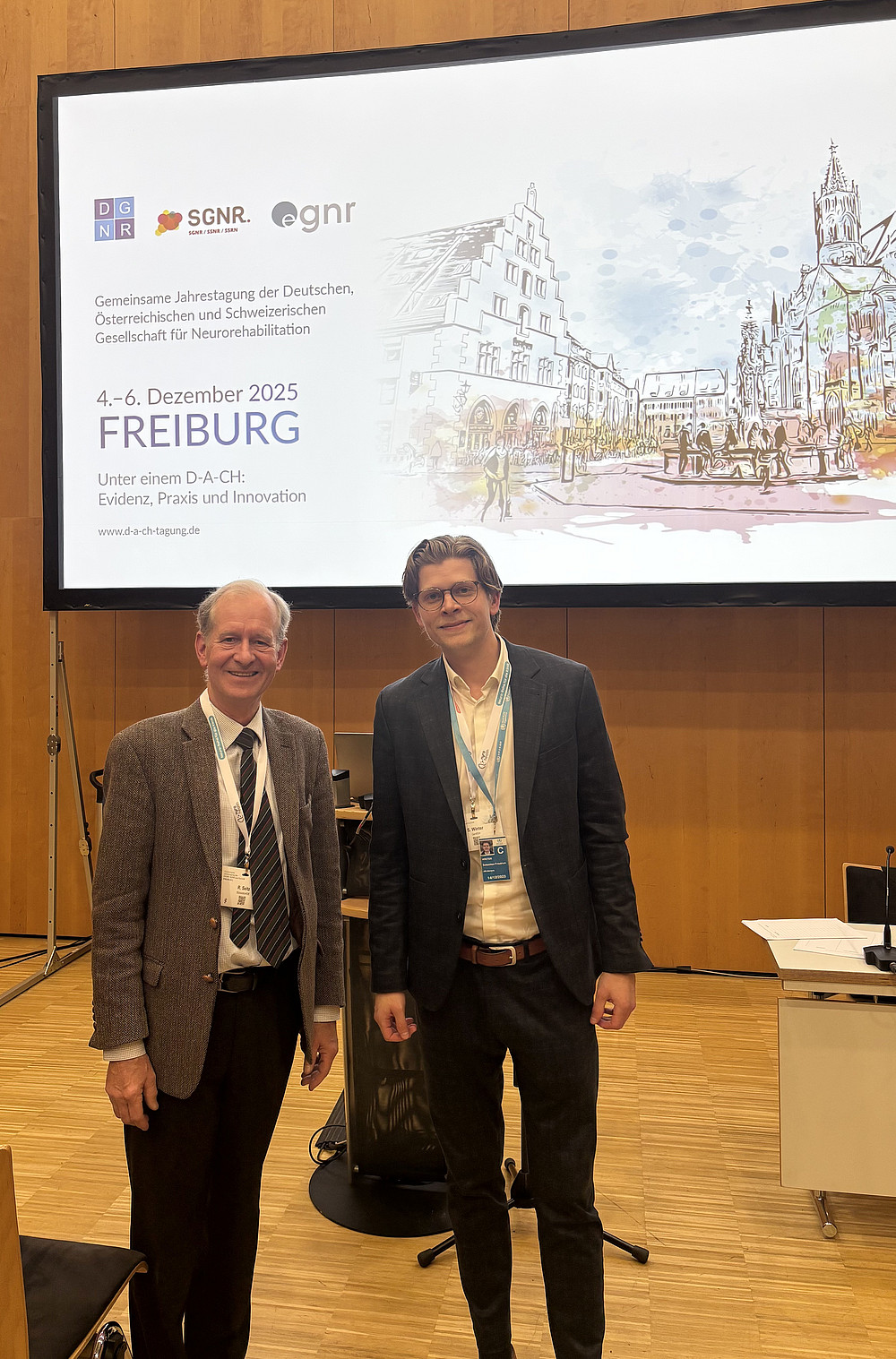
Both sustainability research and artificial intelligence play a role in the field of creativity research.
Publications:
Lluis Oviedo, Sara Lumbreras & Hans-Ferdinand Angel (Eds.): The Human Factor in Designing Sustainable Systems. Special issue. In: Sustainability 2022 - section: Energy Sustainability
Sara Lumbreras: The Synergies Between Understanding Belief Formation and Artificial Intelligence. In: Credition - An Interdisciplinary Approach to the Nature of Beliefs and Believing. Special issue. In: Frontiers in Psychology - section: Theoretical and Philosophical Psychology. 2022.
Horst Bischof: Creditions and Modern Computer Science. In: Hans-Ferdinand Angel et al. (Eds): Processes of Believing: The Acquisition, Maintenance, and Change in Creditions, Cham. Springer 2017, 8399 - 404.
Workshops:
The human factor: Belief processes in technical contexts.
Climate change: Credition-based communication possibilities
Pelotas (Brazil)
Field of research: Basic research
Focus: Credition and Ecopolitics
Organiser: Universidade Federal de Pelotas
3 - 6 November 2025
9th International Congress of Philosophy: Nature, Ecopolitics, and Technology
At the 9th International Congress of Philosophy, organised by the University of Pelotas, Brazil, Rüdiger Seitz gave a presentation on "Cognitive Neuroscience of Belief and Believing". The three-day conference aimed to open up the philosophical discourse to current impulses from neuroscience, biotechnology, artificial intelligence, economics and sustainability research through presentations and roundtable discussions.
Vienna (Austria)
Research direction: Applied research
Focus: Credition and health
Organiser: European Academy of Religion
08 - 12 July 2025
Credition and Well-being
The congress of the European Academy of Religion (EuARe) focussed on the challenge of Religion and socio-cultural transformation: European Perspectives and beyond.
Lluis Oviedo, member of the Credition research network and member of the scientific advisory board, organised a panel on "Religion, health and wellbeing". The topic of faith/belief/credition was explicitly addressed by several speakers. Rüdiger J. Seitz (Düsselorf/Germany) spoke on “Religion and Religiosity - a cognitive neuroscience approach”. Maria Leal, a doctor at the paediatric clinic in Brasilia (Brazil), gave an insight into "Understanding the belief in miracles in professionals who assist babies with congenital malformations". Hans-Ferdinand Angel emphasiszd that in the context of credition theory "health" can be understood as a so-called conceptual belief. Against the backdrop of the topos Christus salvator (Christ the healing saviour), he used artistic representations to show how diverse the Christian components of a holistic understanding of health are.
Berlin (Germany)
Research directions: Basic research and applied research
Focus: Credition, neuroscience, and spirituality
Organiser: Lancet Commission on Neurorehabilitation
23 - 26 April 2025
Neurorehabilitation - Credition - Spirituality
The hybrid meeting of the Lancet Commission on Neurorehabilitation made it possible for scientists from different continents to meet and exchange ideas in person for the first time after numerous virtual meetings. The various approaches to possible rehabilitation measures in connection with acute neurological diseases (e.g. stroke) and longer-lasting neurodegenerative processes (e.g. Parkinson's disease) were discussed. It was emphasised as particularly urgent that the different medical conditions between high- and low-income countries be taken into account. Overall, it was repeatedly recognised at the conference that there is a lack of awareness of the importance of neurorehabilitation in global society, although around 43% of the population worldwide is affected by neurological problems. This means that not only do around 3.4 billion people worldwide suffer from significant impairments, but the economic consequences for national economies are also enormous and completely underestimated.
As spokesperson for the "Neurorehabilitation and Spirituality" working group, Prof. Angel was able to draw attention to two important aspects: (1) In the global context, a particularly clear distinction must be made between spiritual or religious experiences on the one hand and their terminological labelling on the other. (2) An understanding of creditions as a "biologicalcapacity of believing as brain function" can contribute to understanding the entire range of spiritual experiences against the background of their subjective genesis. This makes it possible to better assess the potential significance of spiritually based belief processes for rehabilitation processes.
Rijeka (Croatia)
Research direction: Applied research
Focus: Credition and neuroscience, credition and religiosity
14 - 15 November 2024
Neuroscience of Religion
9th International Conference Rijeka Scientific Bridges. Organised by the Faculty of Medicine of the University of Rijeka. Co-organiser was also the CreditionLab of the Medical University of Graz.
Several members of the Credition Research Network were among the speakers. One of the organiser's aims was to shed more light on the significance of belief processes for religious experiences. The aim was to open up a broader perspective and focus on the Neuroscience of Religiosity and the Role of Credition .
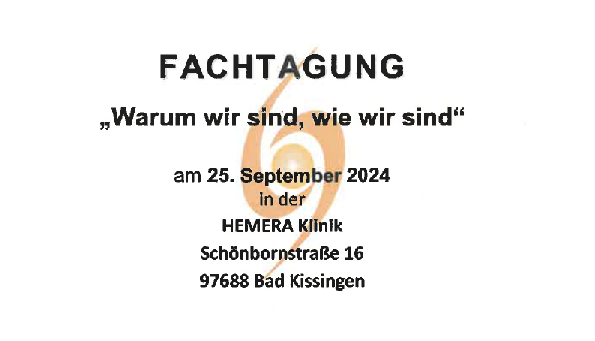
Bad Kissingen (Germany)
Research direction: Applied research
Focus: Credition and neuroscience
25 September 2024
Processes and contents of faith

Vienna (Austria)
13-14 September 2024
Annual Conference of the Austrian Society for Dermatological Cosmetics and Ageing Research (ÖGDKA)
Prof. Angel was invited to speak on the topic “Belief in improving self-esteem.”
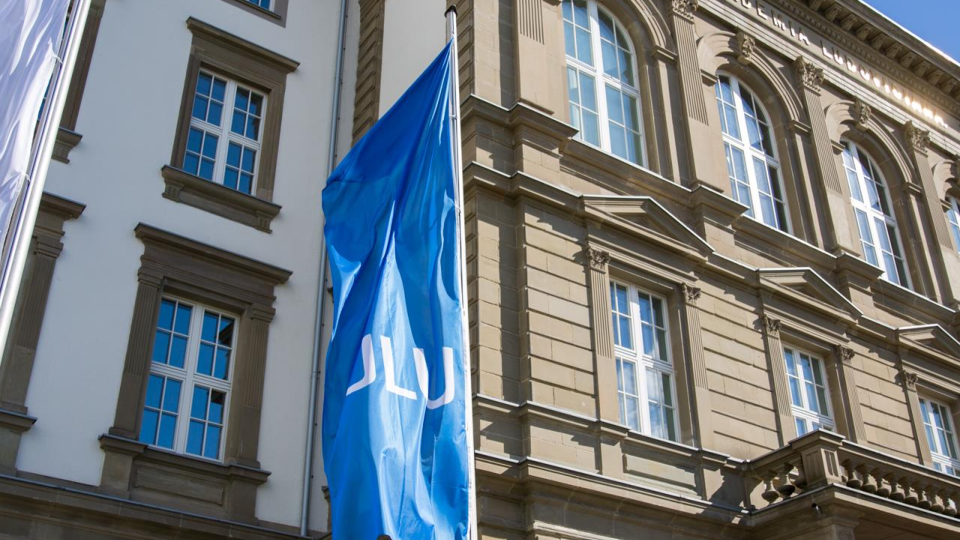
Giessen (Germany)
Field of research: Basic research
Focus: Credition and neuroscience
12 September 2024
Prof Rüdiger J. Seitz was invited to speak about the role of belief processes at a conference on free will at the University of Giessen. The title of his German lecture was: Free will as a conceptual belief - the contribution of cognitive neuroscience. The text meanwhile is published in German.

Prague (Czech Republic)
Field of research: Basic research
Focus: Credition and psychology
21 - 26 July 2024
33rd International Congress of Psychology (ICP)
Ray Paloutzian (Santa Barbara/California) organised the panel with the speakers Nina Dalkner, Rüdiger J. Seitz, Hans-Ferdinand Angel and Neil van Leeuwen
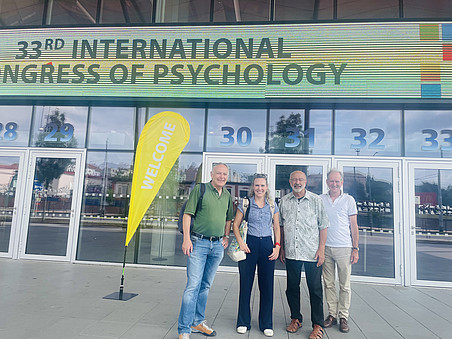
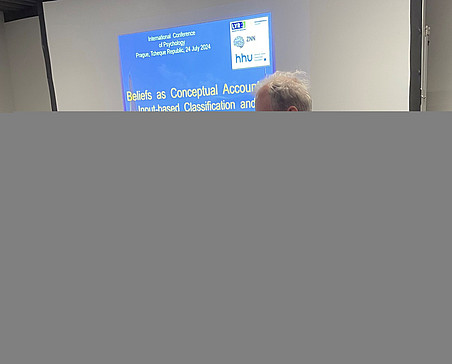
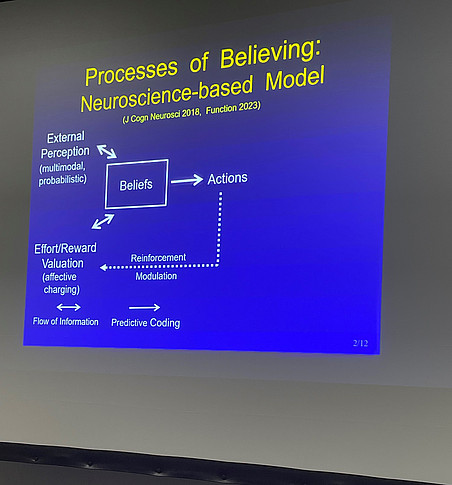
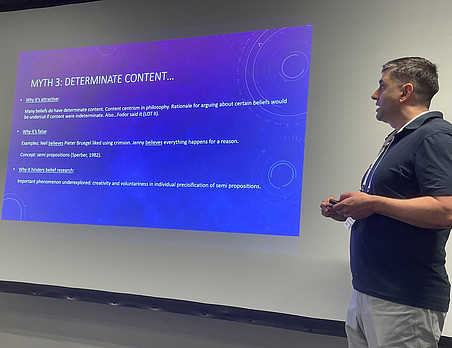
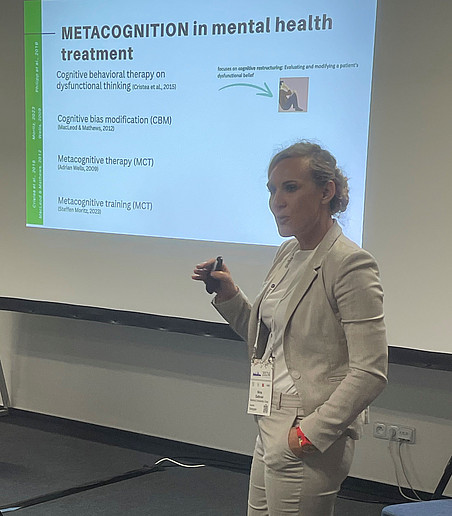
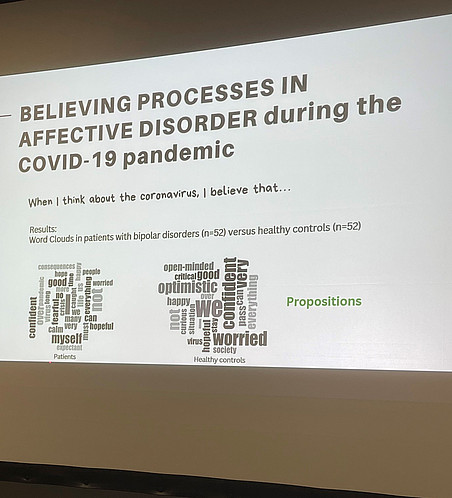
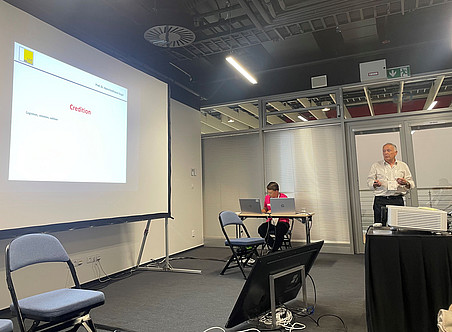
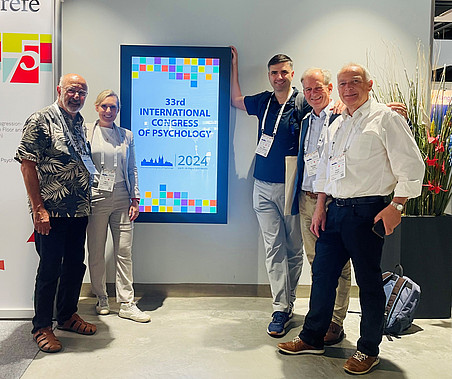
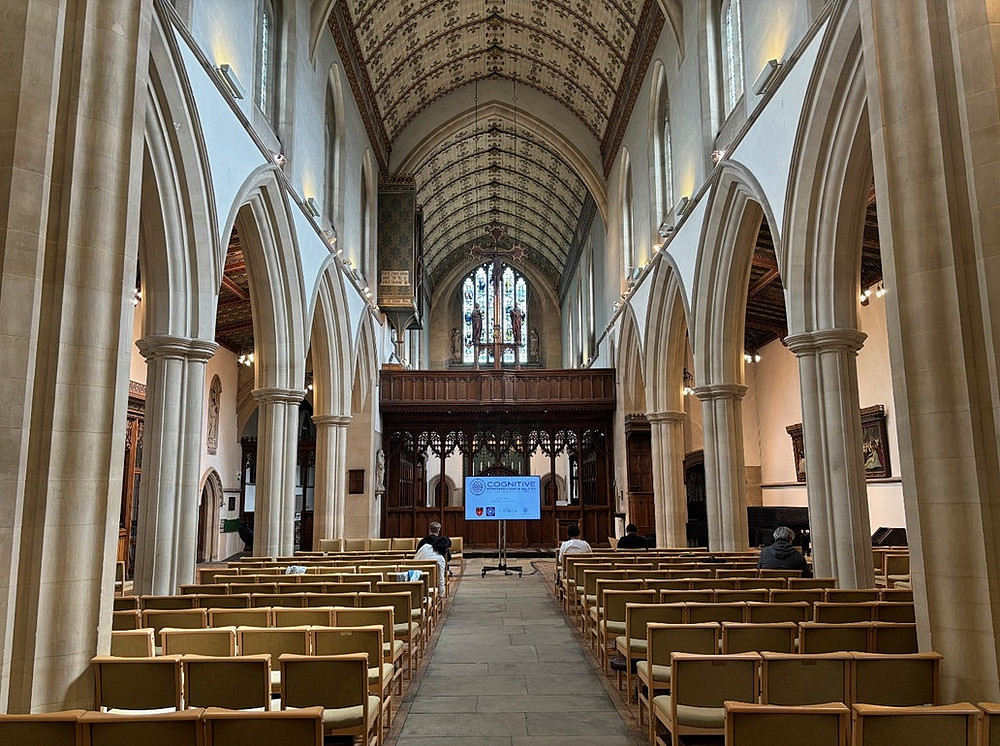
Oxford
1-3 July 2024
Congress Cognitive Representations in Religion
The keynote speaker was Rüdiger J. Seitz, who gave a talk entitled Conceptual Beliefs: a Cognitive Neuroscience Approach. The other two keynote speakers were Tanja Lombrozo (Princeton) and Mark Wynn (Oxford). The keynote panel was moderated by Jonathan Jong (Cambridge).
The papers will be published in Religion, Brain and Behaviour.

Rijeka
8 -11 November 2023
Brain and Suffering
8th International Conference Rijeka Scientific Bridges. Organised by the Faculty of Medicine of the University of Rijeka .
Vienna (Austria)
Field of research: Basic research
Focus: Credition and neuroscience, credition and health
Organiser: World Federation for NeuroRehabilitation
14 - 17 December 2022
12th World Congress for Neuro-Rehabilitation
At the invitation of the organiser, Ferdinand Binkofski (RWTH Aachen), Rüdiger J. Seitz (Düsseldorf) and Hans-Ferdinand Angel (Graz) spoke about the importance of creditions for neurorehabilitation. The contributions in Vienna led to Prof Seitz and Prof Angel being appointed to the Lancet Commission on Neurorehabilitation were appointed.
Augsburg (Germany)
Field of research: Applied research
Focus: Credition and religious education
23 - 25 September 2022
Annual conference of the Working Group on Catholic Religious Education/Catechetics(AKRK) in Leitershofen
Lecture by Prof Angel: The significance of creditions in religious education
Creditions are of eminent importance for the development and stabilisation, but also for the flattening of religious faith. In order to understand these influences, religious education requires a certain knowledge of creditions. At the same time, there are considerable barriers that make it difficult for religious education to gain an understanding of these inner processes. There are two main reasons for this: (1) the lack of professional interest in the development of a "theory of religiosity" and - related to this - (2) the alienation of the subject from today's cognitive science. However, religious education can benefit from knowledge about creditions. [Note: the original German term is “Religionsunterricht”. This term cannot be adequately translated into English, because this subject does not exist in the English and American school system].
The lecture was published in a slightly modified form in theo-web. A more detailed analysis of the barriers can be found in the publication: Credition und Religionspädagogik.
Thessaloniki (Greece)
The Erasmus partnership between Graz and Thessaloniki enables a continuous exchange within the framework of the Credition Research Project. The congresses and events are assigned to the application research strand . They take place in Graz at the University of Graz and Graz University of Technology. On the other hand, they are organised under the direction of Prof. Vassiliki Mitropoulou at the Aristotle University in Thessaloniki.
The results of the events also include publications that provide an insight into the application of the Credition communication model:
Understanding Young People's Worldview: A Practical Example of How to Work with the Model of Credition (Mitropoulou),
Building worldviews with credition teaching model in high school curricula of religious education: a controlled experimental study (Mitropoulou, Gkirlou, Meke)
Gdansk (Poland)
Field of research: Basic research
Focus: Credition and psychology of religion
Organiser: International Association for the Psychology of Religion (IAPR)
30 August - 3 September 2019
Session 18: Inner Processes: Believing/motivation/experiencing and their consequences
At the ICPS conference in Paris, Prof. Angel analysed the occurrence of "belief" in standard psychologicalliterature using word statistics. This time he presented an analysis of the occurrence of the same items in standard literature on the psychology of religion. The same tendency was reported both times: The faith theme is not a notable theme in either the psychogical or the religion-psychological literature. However, as in Paris, it could also be observed in Gdansk that the current conference programme showed a stronger interest in belief and believing.
Paris (France)
Field of research: Basic research
Focus: Credition and evolutionary neuroscience
Organiser: Association for Psychological Science
7 - 9 March 2019
31st International Convention of Psychological Science (ICPS)
Members of the Credition Research Network were able to offer their own panel on the topic of faith. It was organised by Ray Paloutzian (Santa Baraba/California). The speakers were Rüdiger J. Seitz (Düsseldorf), Hans-Ferdinand Angel (Graz), Lluis Oviedo (Rome) and Sara Lumbreras (Madrid). Prof Angel presented the results of a word-statistical analysis which showed how rarely "belief" appears in standard psychologicalliterature. However, an important prerequisite for a psychological approach to credition is a general interest in the topic of belief on the part of psychology. This enables the path from belief to believing.
The congress also led to a further change of direction in research. The keynote lecture by Prof Atushi Iriki (Tokyo) shed light on brain development from a phylogenetic perspective. This made it possible to build on the congress in Albuquerque (2017), which had already focussed on the topic of "Evolution and Belief". The exchange with Iriki motivated us to actually look at thecapacity of believing from an evolutionary perspective. This resulted in the publication Belief formation - A driving force for brain evolution. Iriki was also one of the speakers at the Credition Anniversary Congress 2021 in Hanover.
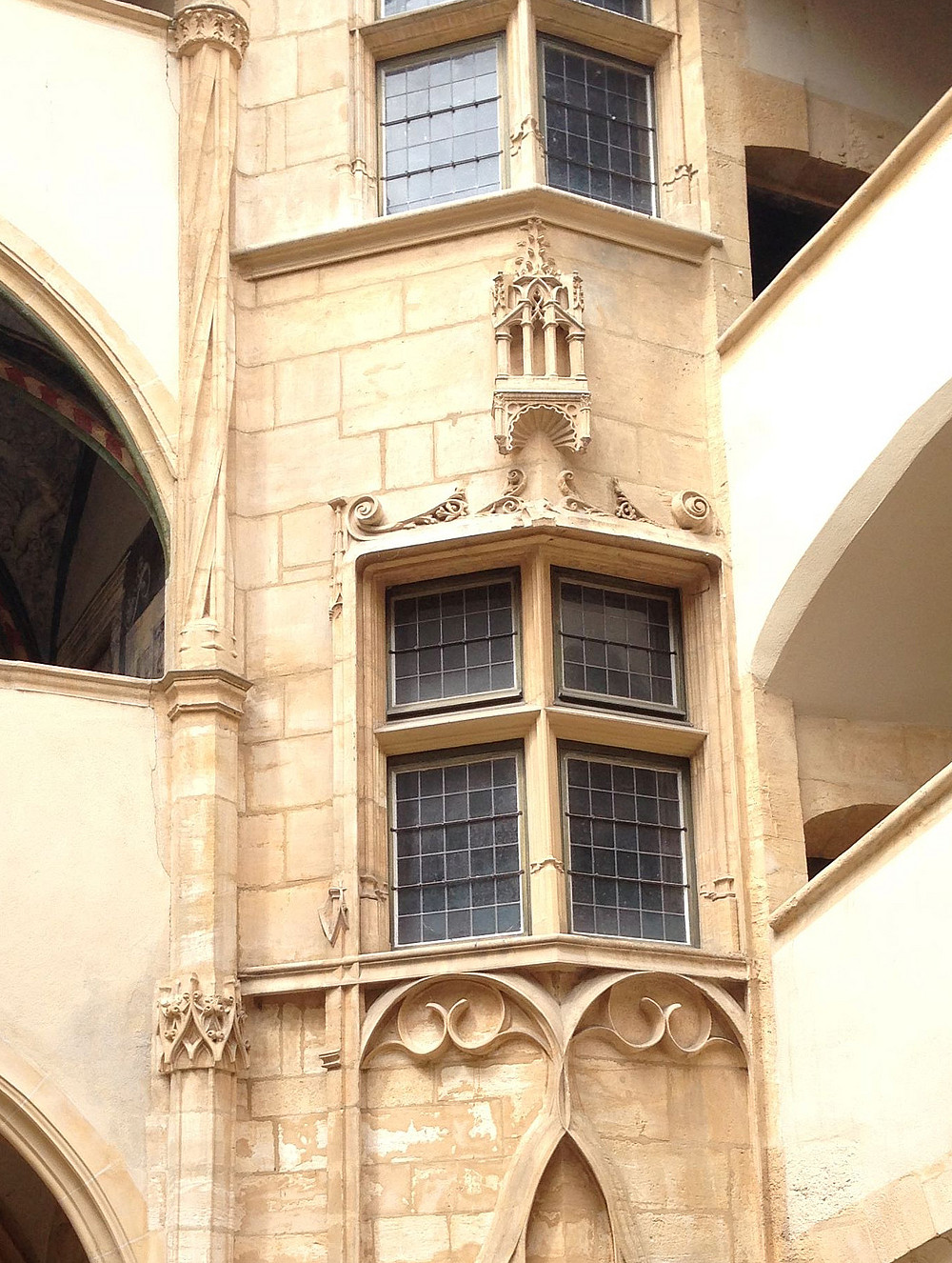
Lyon
19-22 April 2018
Congress of the European Society for the Study of Science and Theology (ESSSAT)
To the panel of the Credition research network
.

Albuquerque (USA: New Mexico)
Field of research: Fundamental research
Focus: Credition and neuroscience, credition and religiosity
Organiser: Human Behaviour & Evolution Society
12 - 15 November 2017
2nd International Conference on the Evolution of Religion
The evolutionary view of the development of religions provided an important impetus for credition research. The conference sensitised participants to the fact that creditions, as a central factor in the development of religiosity, may also have undergone an evolutionary development. This set the course for further research. The congress in Paris which took place in 2019 was then the trigger for explicit attention to be paid to this perspective. The contributions to the congress in Albuquerque were published by Routledge as a book entitled: The Evolution of Religion, Religiosity, and Theology.
Ponta Delgado (Portugal: Azores)
Field of research: Fundamental research
Focus: Credition and process philosophy
Organiser: European Society for Process Thought
24 - 28 July 2017
Prof Angel's aim was to draw attention to a specific access barrier to the topic of credition . In his lecture "Process thinking in recent publications on religious cognition", he showed that there are hardly any process-theoretical echoes to be found in current discourses on religious cognition. This complicates the cognitive scientific approach to the topic of credition, because this concept is based on a processual understanding of faith. Angel was of the opinion that it would be an enrichment for the immense field of religious cognition if approaches from recent process philosophy were taken up and also made theoretically fruitful. This would also be a helpful prerequisite for establishing a clearer relationship between the field of religious c ognition and tradition research.
Utrecht (Netherlands)
Research direction: Applied research
Focus: Credition and worldviews (worldviews)
17 - 19 May 2016
During the basic congress The Structure of Credition (Graz 2015), Prof Hans Alma gave a lecture on the topic of faith and worldviews. She subsequently organised a congress at the University for Humanistic Studies (University for Humanistic Studies), which focussed on the relationship between faith and the emergence ofworldviews. It was shown that the credition communication model can be applied in both a religious and an explicitly secular humanist context. It was the fourth congress of the "Credition applied" research programme.
Lviv (Ukraine)
Field of research: Applied research
Focus: Credition and ecumenism; Credition and peace work
Organiser: Український Католицький Університет(Ukrainian Catholic University), European Society for Catholic Theology(ESCT) and The Graz Process
27 - 29 February 2016
The 4th consultation of the Graz Process drew urgent attention to the threat to human dignity in the face of wars and increasing behaviour contrary to international law worldwide. During the conference in Lviv, which had been postponed due to the Russian invasion of Crimea, Prof Angel spoke on the topic: Reconciliation: A question of belief, cognition, and emotion. The role of the Graz Process. He pointed out that wars and human rights violations are also the expression and result of internal belief processes. He referred to Coventry Cathedral's commitment to peace as a perspective of possible hope. When Nazi Germany completely destroyed the city of Coventry with a devastating bombardment, the cathedral also fell victim to the crime. Even during the war, the first steps were taken at the cathedral, which then led to the international peace work of the network of Cross of Nails centres, which was gradually joined by many places in the formerly hostile nations.
Thessaloniki (Greece)
Field of research: Applied research
Focus: Credition and pedagogy
17 - 18 September 2015
Following the congresses in Graz (October 2013) and Würzburg (July 2014), the third congress of the "Credition applied" research area was held in Thessaloniki. The focus was on the pedagogical field. The main aim was to explore the extent to which the topic of creditions can be addressed in school and university learning arrangements. One of the results was that the Credition communication model in particular should be used for pedagogical and didactic application. However, a basic background knowledge of the neural basis of belief processes is certainly helpful.
The congress was the start of many years of co-operation in the field of applied research.
Vienna (Austria)
Field of research: Basic research
Focus: Credition and neuroscience
Organiser: Sigmund Freud University
27 - 28 August 2015
Prof Rüdiger J. Seitz and Prof Hans-Ferdinand Angel presented a groundbreaking result of the Structure of Credition Conference in 2014 for the first time: Credition is a brain function. The presentation was published in a modified form in the SFU Research Bulletin (2016): Process of Believing as Fundamental Brain Function: The Concept of Credition, In: SFU Research Bulletin, Vol. 3 (1)/1, 2016. This is one of the particularly important milestones in credition research. Why? Initially, at the time of the Regensburg symposia, we were merely dealing with a postulate. This was that there must be such a thing as creditions in order to understand the phenomenon of human religiosity. But now, it seems, there is actually a biological basis for this postulate! If it is confirmed that the "ability to believe" is actually based on a brain function, then this has two far-reaching consequences: (1) The Regensburg postulate can now be formulated more precisely with a biological basis: To understand human religiosity, one needs the concept of "credition". (2) The "ability to believe" is not limited to the sphere of religion. Rather, creditions play an important role in all conceivable areas - from economics and politics to the cohesion of societies.

Istanbul (Turkey)
Field of research: Basic research
Focus: Credition and psychology of religion
17 - 20 August 2015
Organiser: International Association for the Psychology of Religion (IAPR)
The meaning researcher Prof Tatjana Schnell (University of Innsbruck) was chair of Symposium 11 on the topic: Mind - Body Pathways of Existential Orientations. At her invitation, Prof Angel gave the lecture: "Believing: Un unknown and misinterpreted ability of human beings". The event in Istanbul offered the first opportunity to discuss credition in an explicitly interreligious context of the psychology of religion.
Sibiu/Hermannstadt (Romania)
Research direction: Applied research
Focus: Credition and Ecumenism; Credition and Religious Education
16 - 19 May 2012;
6 - 11 May 2015
As a result of the Graz Processthere is a close relationship between the Faculty of Catholic Theology in Graz and the Andrei Saguna Faculty of Orthodox Theology at the Lucian Blaga University in Sibiu/Hermannstadt. The lively exchange between Sibiu and Graz leads to frequent reciprocal visits. One occasion for the meeting in Sibiu was the founding anniversary of the faculty on 18 May 2012, which was also attended by the Secretary General of the World Council of Churches, Olav Fykse Tveit . Credition" has increasingly become a topic of interest in the ongoing meetings between Graz and Sibiu. Prof Dorin Oancea (Sibiu), who is already a member of the steering committee of the Graz Process , also came to the conclusion that the Graz Process should structurally integrate the results of credition research. For this reason, he has now also become a member of the Credition Research Network. This emphasises that credition research offers considerable opportunities for ecumenical dialogue. From 5 - 10 May 2015, Prof. Angel was in Sibiu as part of an Erasmus week. In several events, he shed light on the topic of "Credition - ecumenical theology - religious education".
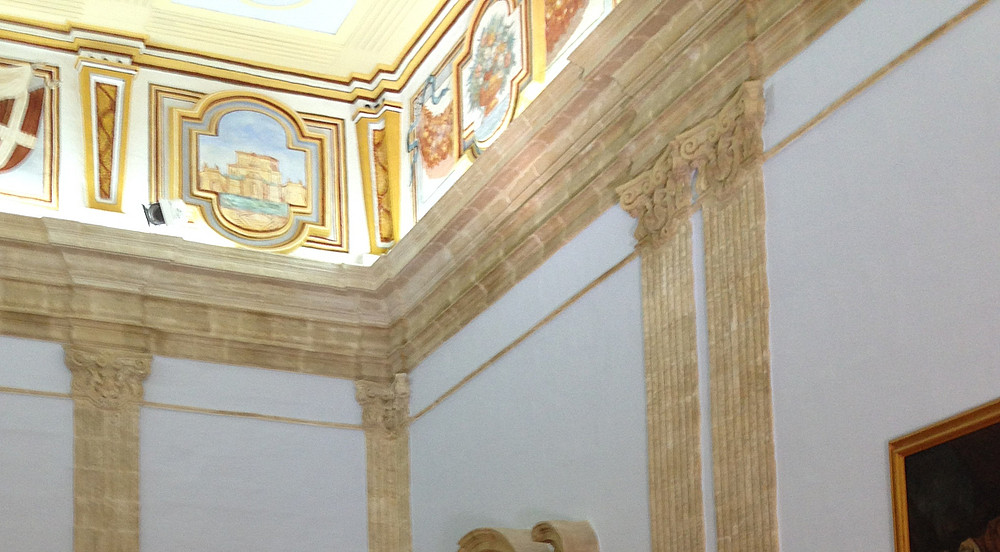
Valletta (Malta)
Field of research: Applied research
Focus: Credition and ecumenism; Credition and peace work
Organiser: University of Malta together with the European Society for Catholic Theology (ESCT) and the Graz Process
19 - 20 February 2015
The conference was organised in the context of considerations on intensifying cooperation between theological faculties in Europe. In his contribution, Prof Angel presented both the ecumenically oriented Graz Process and the Credition Research Project . As in Oslo (2012) and Chania (2013), he once again drew attention to the fact that combining credition research with the concerns of the Graz Process could result in untapped potential for structural ecumenical cooperation. The title of his lecture was: The Graz Process and the European Network of Theological Faculties: The Role of Credition

Würzburg (Germany)
Research direction: Applied research
Focus: Credition and economy
At the FH Würzburg-Schweinfurt (FHWS)
2 - 3 July 2014
The economic anthropological significance of belief processes
Lisbon (Portugal)
Field of research: Fundamental research
Focus: Credition and process philosophy
18 - 20 June 2014
At the Universidade de Lisboa 12th Annual Conference of the International Society for Neoplatonic Studies
Prof Angel's lecture was entitled: A Process of Merging Interior and Exterior Reality.
Veliko Trnovo (Bulgaria)
Field of research: Applied research
Focus: Credition, philosophy of science and ecumenism
Organiser: Yниверситет "Св. св. Кирил и Методий" (University of St Cyril and Methodius in Velikovo Trnovo
13 - 14 April 2014
During the 4th consultation of the Graz Process it was agreed to discuss the theological differences between the churches in more detail at the Orthodox Theological Faculty of the University of Velikovo Trnovo. The aim was to shed light on the different approaches from the perspective of creedal research. The keynote speech by Prof Angel was entitled: Discrepancies in Science and Theology as a Result of Creditive Processes.
Geneva (Switzerland)
Field of research: Applied research
Focus: Credition and ecumenism; Credition and peace work
7 - 10 April 2014
The Graz Process has a dual sponsorship: the Faculty of Catholic Theology at the University of Graz and the Conference of European Churches (CEC) based in Geneva. To discuss prospects for further cooperation between the two institutions, Dean Hans-Ferdinand Angel visited the Secretary General of the Conference of European Churches, Guy Liagre. In the presence of Viorel Ionita, the former Secretary General of the CEC, and Siegfried Kager, the Dean's Director of the Graz Faculty of Theology, one of the topics discussed was how the insights gained from the Credition Research Project can be made fruitful for ecumenical dialogue.
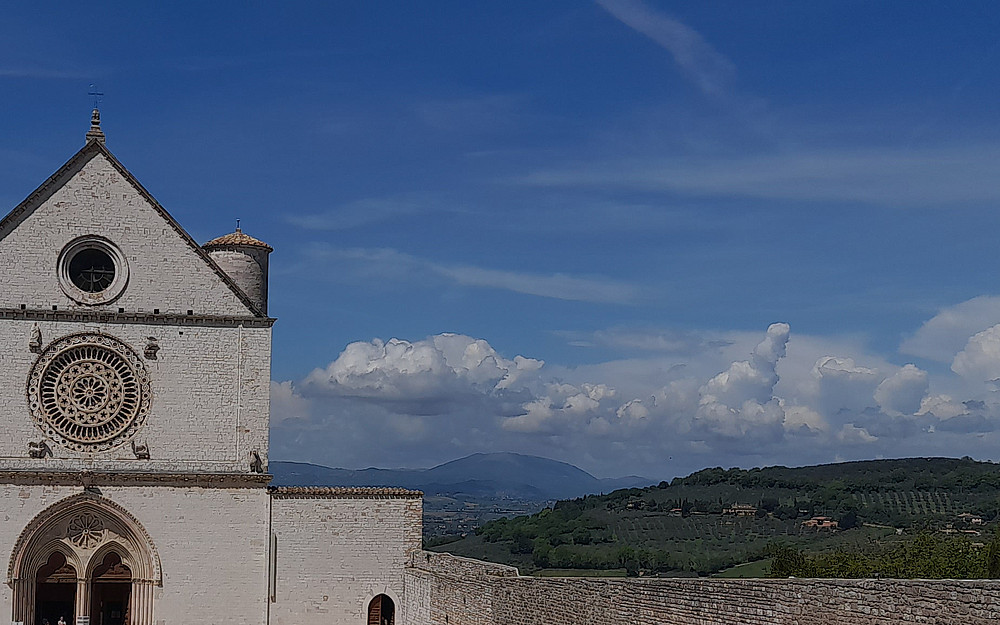
Assisi (Italy)
Field of research: Basic research
Focus: Credition and psychology of religion
In San Francesco, the mother monastery of the Franciscan Order
30 - 31 March 2014
Believing - religious or not?
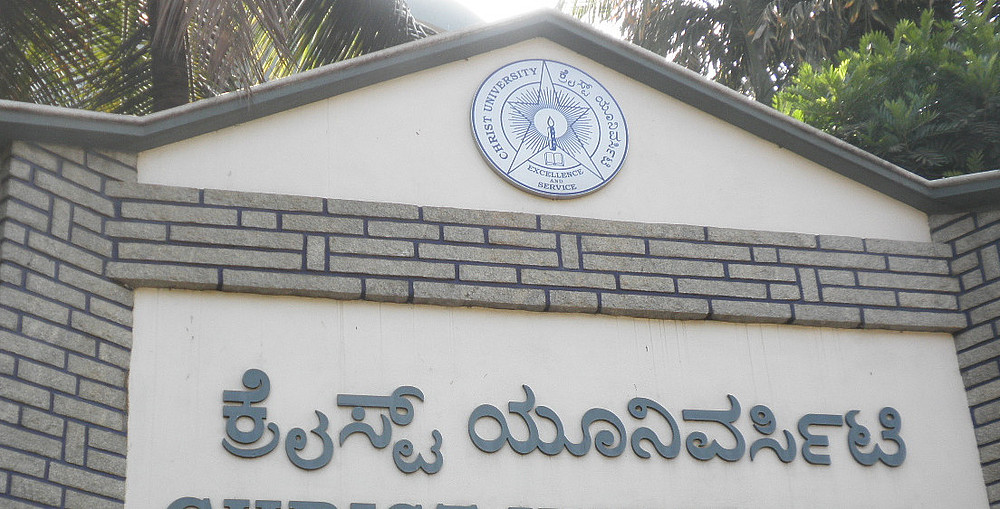
Bangalore (India)
6-9 January 2014
International Conference Bounds of Ethics
The conference Bounds of Ethics in a Globalised World was hosted by Christ Church University in Bangalore. The two keynote speakers were
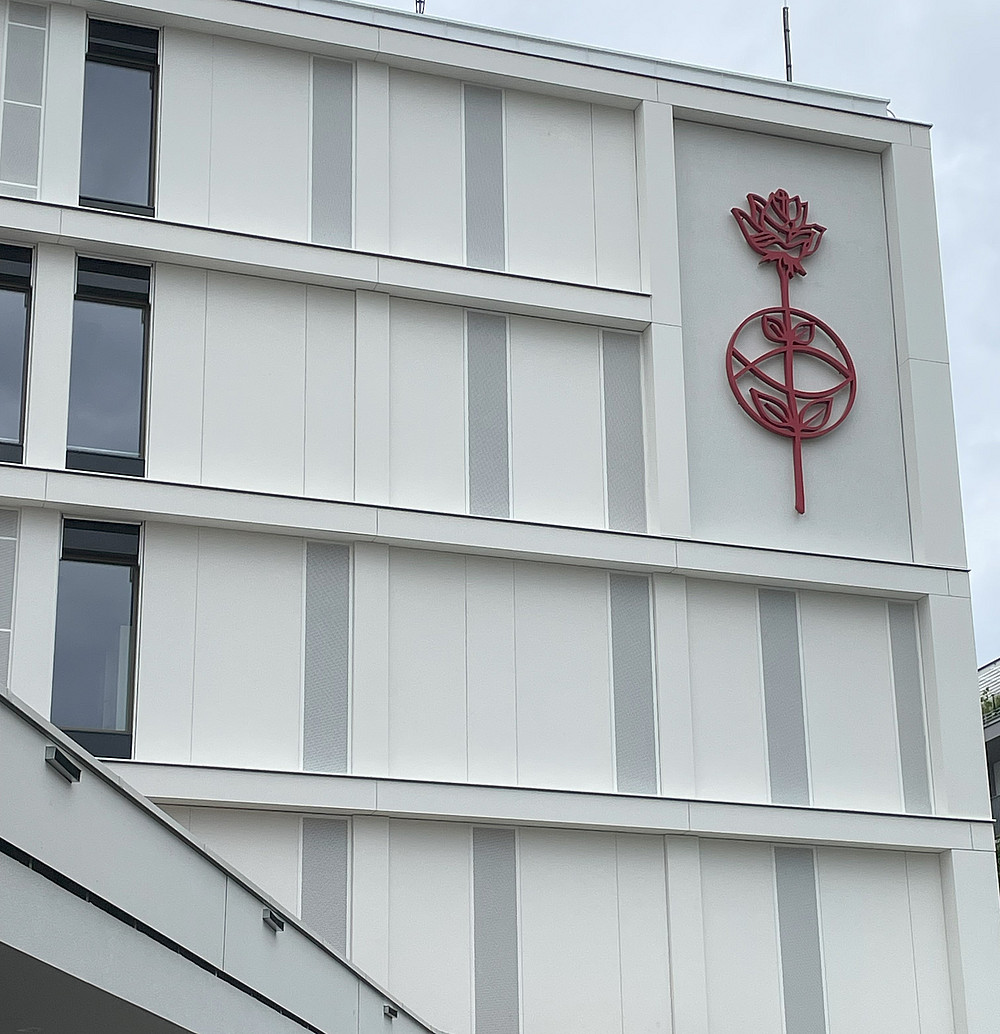
Graz (Austria)
Research direction: Application research
Focus: Credition: range of possible applications
10 - 12 October 2013
An initial series of events had already explored how the topic of credition could become practically relevant. However, the application-orientated branch of credition research was launched with the first "Credition Applied" congress. It took place in the conference rooms of the Elisabethinen Hospital. This opened up the first perspectives. The question could be asked: What beliefs determine structural developments in the field of "medicine and health"? What significance do belief processes have in the "doctor-patient interaction field"? However, the horizon was also opened in other directions, as the participants came from various fields of action, including international law, corporate transformation and education.
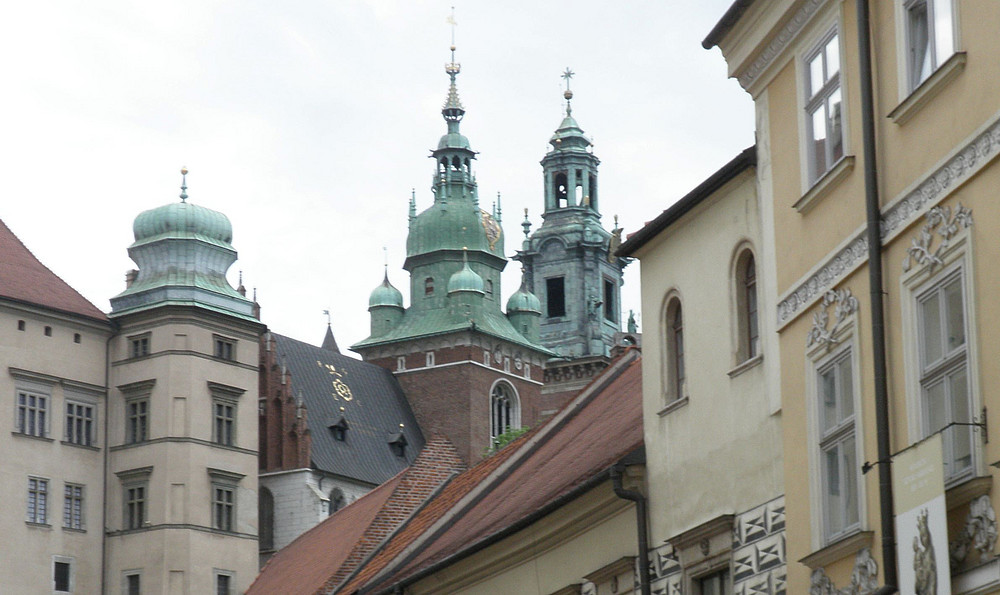
Krakow (Poland)
Field of research: Fundamental research
Focus: Credition and process philosophy
9 - 12 September 2013
9th International Whitehead Conference: Society and Process - from Theory to Practice
The discussion initiated during the meeting in Avignon-Fontarèche (spring 2013) was taken up and continued during the conference in Krakow. Prof Angel's lecture was published in a slightly modified form under the title: Process and Creditions: How to Understand the Process of Believing? In: Jakub Dziadkowiec / Lukasz Lamza (Eds): Recent Advances in the Creation of a Process-Based Worldview [Cambridge Scholars: European Studies in Process Thought 4], Newcastle upon Tyne 2016, 194 - 205].
Chania (Greece: Crete)
Field of research: Applied research
Focus: Credition and ecumenism
Organiser: Orthodox Academy of Crete and The Graz Process
10 - 12 June 2013
In cooperation with the Graz Process, which is based at the Catholic Theological Faculty of the Karl-Franzens University, the Orthodox Academy of Crete once again organised a high-calibre congress on the topic of "The Importance of Ecumenism". Among the participants were H.E. Arsenios (Metropolitan of Austria and Exarch of Hungary and Central Europe), Bishop Dr Manfred Scheuer (Diocese of Innsbruck, now Diocese of Linz) and Prof. Dr Grigorios Larentzakis (Karl Franzens University of Graz).
At the 2008 congress, it was only possible to refer to a project on the topic of believing that was still in the making. In 2013, however, it was possible to present the Credition Research Project that has since been established at the University of Graz. The title of Prof Angel's lecture was: Credition: a basic theory to support the ecumenical process. He was able to point out that he had already emphasised the ecumenical relevance of this research in Sofia (2012) and Oslo (2012). Now he emphasised once again the view that the ecumenical dialogue between the churches of the East and the churches of the West could benefit from a better understanding of the subjective processes of faith.
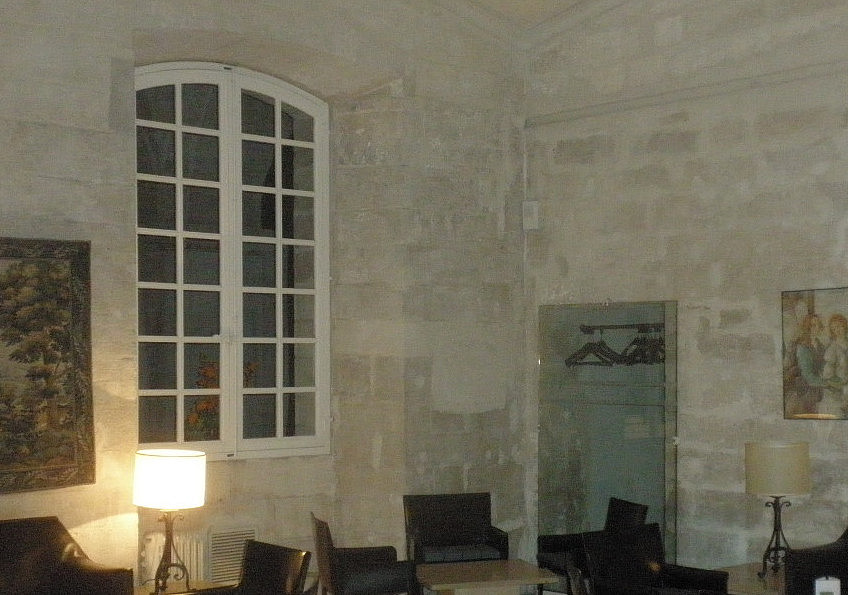
Avignon - Fontarèche (France)
Field of research: Fundamental research
Focus: Credition and process philosophy
Organiser: European Society for Process Thought
5 - 7 April 2013
Prof Angel was invited by the German Whitehead Society to speak at this conference. He was able to link credition research with process philosophy for the first time. He presented the following approach for discussion: If creditions are understood as the processes that produce belief, then the development of a credition theory is an "applied process theory". The title of the lecture was: "Credition - questions regarding their foundation in a theory of process". The relationship between process philosophy and credition research developed into a major topic of basic research. The invitation to Avignon was to be followed by several more.

Vienna (Austria)
Field of research: Applied research
Focus: Credition and religious education
14 February 2013
The KPH Vienna-Krems organised a training course for religious education teachers on the topic of "Religion and Religiosity". Prof Angel pointed out that the distinction between the two terms is urgently needed, but is hardly ever explicitly practised in religious education. This lack is one of the major barriers that prevents religious education from accessing the topic of creditions. Creditions do not take place in religion(s), but they influence the manifestations of religiosity.
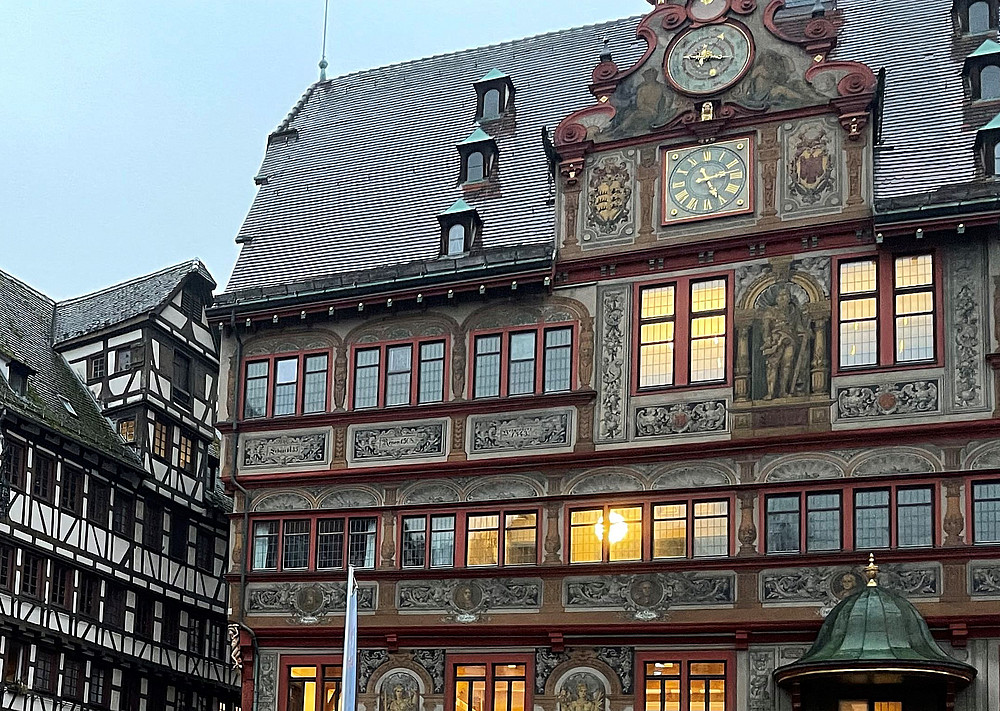
Tübingen (Germany)
Research direction: Applied research
Focus: Credition and economy
1 - 2 February 2013
On the initiative of Prof Ulrich Hemel, the Global Ethic Institute Tübingen organised a conference on the topic of anthropology and economics . Prof Angel was the first to draw attention to the importance of creditions for economic activity. As a result of the conference, Claus Dierksmeier, Ulrich Hemel and Jürgen Manemann published the book Economic Anthropology [Baden-Baden 2015] was published. It also contains Prof Angel's contribution entitled: Die creditive Basis wirtschaftlicher Handelns. On the economic anthropological significance of belief processes (p. 167 - 205).
Sofia (Bulgaria)
Field of research: Applied research
Focus: Credition and ecumenism; Credition and peace work
St Kliment Ohridski University
An event of the Graz Process in conjunction with Pro Oriente/Austria
20 - 22 October 2012
The title of the lecture was: The Psychodynamics of Tolerance: The Role of Creditions
Oslo (Norway)
Field of research: Applied research
Focus: Credition and ecumenism
6 - 8 June 2012
MF Norwegian School of Theology, Religion and Society
A joint event of the World Council of Churches (WCC), the Conference of European Churches (CEC) and the MF Norwegian School of Theology, Religion and Society in Oslo
Prof Angel spoke as a leading representative of the Graz Process and gave an insight into the preparations for the 4th consultation, which was to take place at the University of Graz in 2013. In doing so, he drew attention for the first time to the enormous potential that could arise from the combination of creedal research and ecumenism. The perspective opened up by Angel is anthropologically based: Interreligious and ecumenical concerns have an anthropological foundation and are based on the "humancapacity of believing". The title of his lecture was: The possible role of the Graz Process for a Future Europe: The Impact of Credition. In Angel's opinion, both ecumenical dialogue and structural ecumenical cooperation between the faculties of Europe could benefit from a reception of credition research.

Krems (Austria)
Research direction: Applied research
Focus: Credition and economy
9 - 10 May 2012
Danube University Krems
At Danube University Krems, Prof Hans-Ferdinand Angel and Dr Reinhard Willfort(isn) gave a lecture on the topic of belief and transformation of companies. The lectures appeared as a joint publication under the title: Die Systematik hinter Bauchentscheidungen: Why belief processes (creditions) in particular steer our economy.
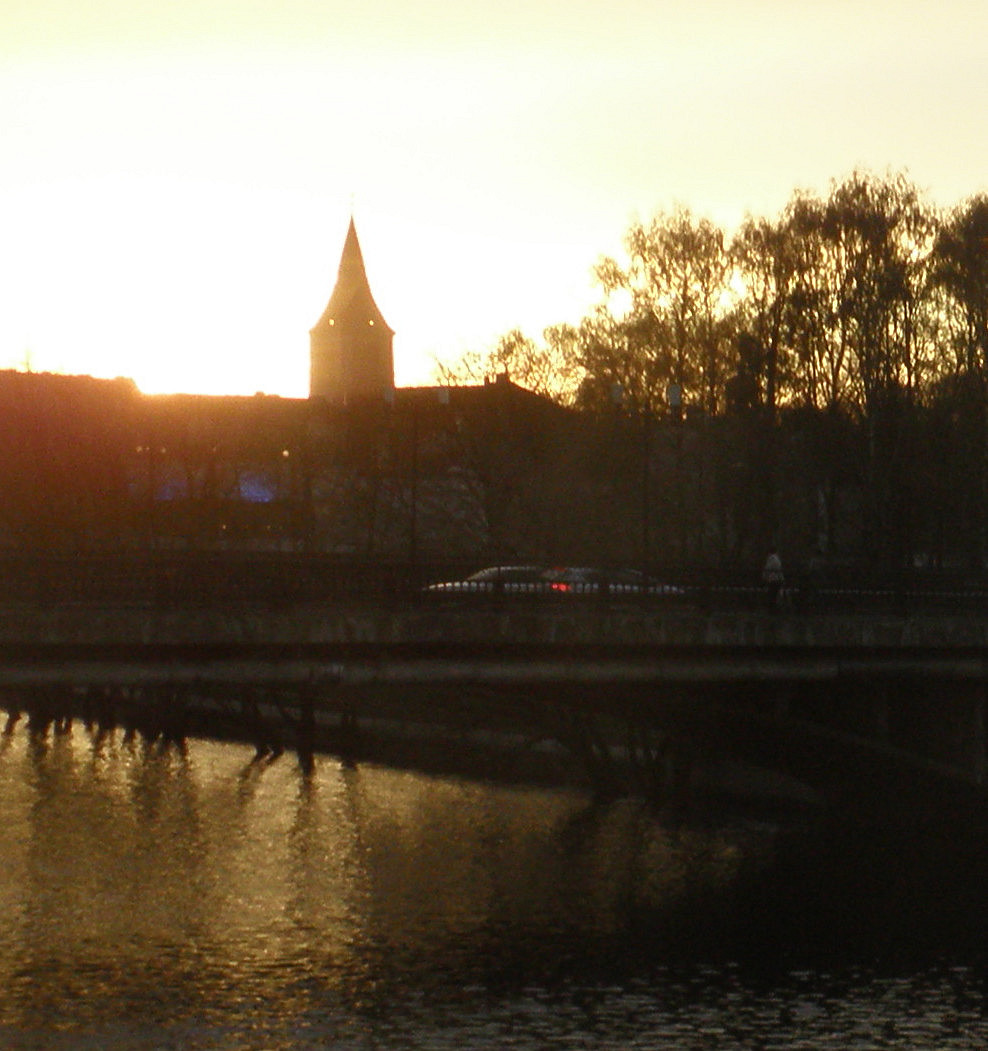
Tartu (Estonia)
Field of research: Basic research
Focus: Credition and psychology of religion
24 - 26 April 2012
University of Tartu
Creditions - Process of Believing
Graz (Austria)
4 - 7 December 2011
On the first weekend of December, a conference on The Structure of Credition was organised for the first time at the Karl-Franzens University of Graz. This can be seen as the beginning of the Credition Research Project.

Bari (Italy)
Università Aldo Moro
Organiser: International Association for the Psychology of Religion (IAPR)
21 - 23 August 2011
The congress offered the opportunity to inform a larger audience for the first time about the planned establishment of the Credition Research Project at the University of Graz. The title of the lecture was: Creditions: The Process of Believing - The Credition Research Project. In addition, initial contacts were made for the establishment of the network. Ray Paloutzian (Westmont College in Santa Barbara/California) was one of the scientists who could be recruited at that time. He was involved in the network from the very beginning and is a member of the scientific advisory board.
Düsseldorf (Germany)
Heinrich Heine University
Organiser: Neurological University Clinic
18 May 2011
The structure of creditions: Theorising and research desiderata
As agreed in Amsterdam, Heinrich Heine University Düsseldorf organised a first presentation event on the topic of credition in front of an expert audience from the natural sciences and psychology. The aim was to explore possible future research perspectives. Prof Angel's lecture was entitled: The structure of creditions: Theory formation and research desiderata. The positive reception of the event led to a joint decision by Prof. Seitz and Prof. Angel to hold a first congress on the topic of Structure of Credition at the University of Graz in late autumn of the same year.
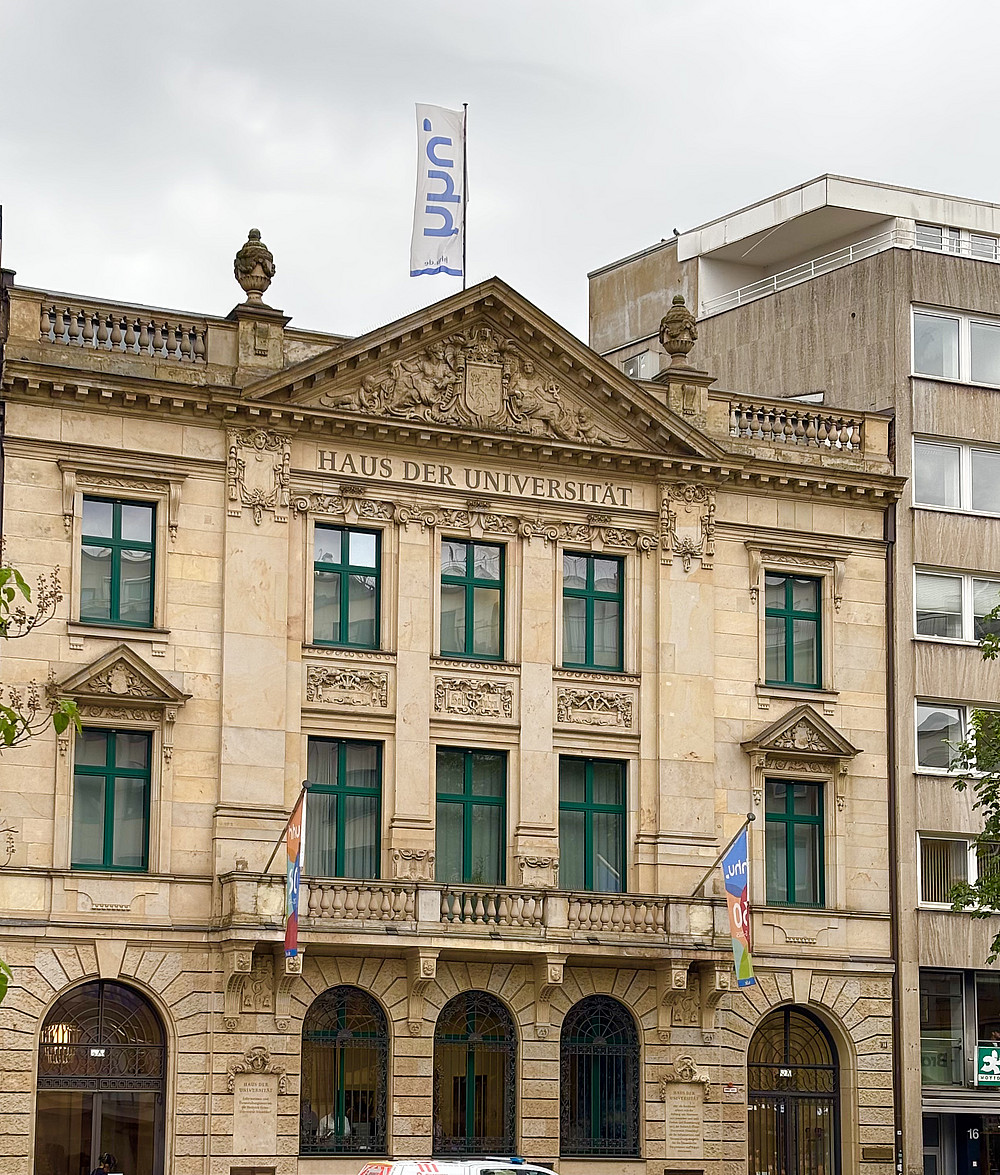
Amsterdam (Netherlands)
Meeting of the Editorial Board of the Encyclopedia of Sciences and Religions
28 - 29 April 20211
At the initiative and invitation of Springer Verlag, the Section Editors of the Encyclopedia of Sciences and Religions met in Amsterdam to finalise the structure of the encyclopaedia. On the fringes of the conference, Prof. Seitz and Prof. Angel agreed to organise an initial test event on the subject of "Credition". It was to take place at Heinrich Heine University Düsseldorf in front of an audience of science and psychology experts.

Leuven (Belgium)
Organiser: Katholieke Universiteit Leuven
12 - 14 April 2011
The Leuven Anthropos-Project and the Graz Process
The meeting of the Anthropos Project and the Graz Process is a little-recognised root of credition research. A central concern of the Anthropos Project, which is based at the Catholic University of Leuven, is to address the question: "Who/What is humanity?". The Graz Process which is based at the Faculty of Catholic Theology at the University of Graz and developed in cooperation with the Conference of European Churches (CEC), has as its central concern to shed light on the common anthropological roots of religious faith beyond denominational differences. This should help to overcome barriers in ecumenical cooperation and promote structural cooperation between theological faculties in Europe across denominational boundaries. The first interdisciplinary contacts were made at the meeting in Leuven, which are still important for the Credition Research Project today.
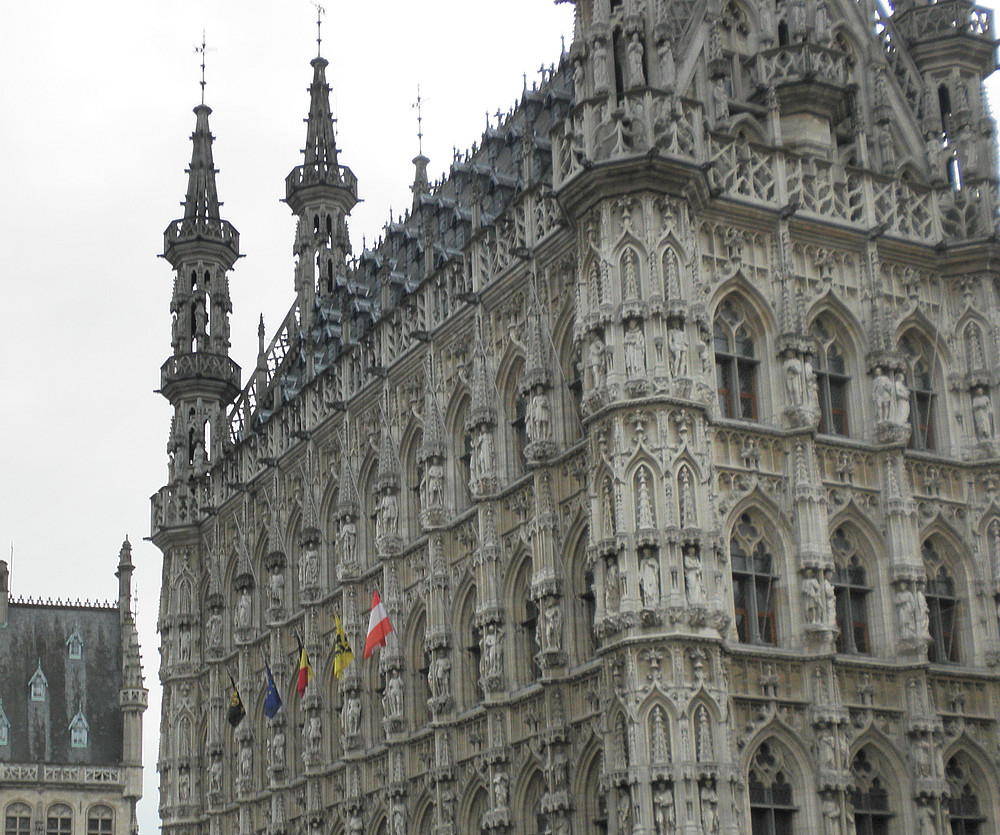
Edinburgh (Great Britain)
University of Edinburgh
Organiser: European Society for the Study of Science and Theology (ESSSAT)
19. -21. 7.2010
Following the congress in Vienna (2009), the topic of "Credition" was once again put up for discussion in an international setting. The interdisciplinary forum had a clear scientific focus. Prof Angel's lecture was entitled: Creditions - completely natural? The view that it is necessary to postulate something like creditions in order to adequately describe religious experiences met with great interest and triggered a lively discussion. One of the important impulses for further research was the postulate that in order to better understand religious experiences as an anthropological possibility, we need to know more about the biological structure that is relevant for belief processes.

Vienna (Austria)
University of Vienna
23 - 27 August 2009
Organiser: International Association of the Psychology of Religion (IAPR)
For the first time, a panel was organised at this congress that explicitly addressed the topic of credition: Session 7: Panel 29: Faith and credition.
The renowned psychologist of religion David M. Wulff, whose standard work Psychology of Religion recently appeared in its second edition, presented the survey instrument Faith Q-Sort survey instrument. It can be used to minimise the problems associated with previous methods for measuring religiosity (measurements of religiosity). Hans-Ferdinand Angel's presentation was entitled: Can the concept of "credition" be applied to the psychology of religion? He began with the question: "Are religious experiences cognitive or emotional?". The contribution was published in a significantly reduced version under the title: Is the concept of creditions useful for the psychology of religion?

Chania (Greece: Crete)
Organiser: Orthodox Academy of Crete and The Graz Process
4 - 8 August 2008
As part of the Graz Process, a congress on the current challenges of ecumenism was organised at the Orthodox Academy of Crete. Prof Angel was able to draw attention for the first time to the fact that a new, interdisciplinary and internationally oriented field of research is currently emerging, which deals with the mental processes that "produce" faith from both a theological and a biological perspective. These "belief processes" are called credition . One of the central questions of the research project is: "What happens in us while we believe?" He was of the opinion that the ecumenical dialogue between the churches of the East and the churches of the West would also benefit from an understanding of the psychodynamic complexity of creditions.
Budapest (Hungary)
Organiser: Károli Gáspár University
24 - 26 May 2003
During one of the meetings in Regensburg,Dávid Németh suggested that the topic of the Regensburg symposia should also be presented in Budapest. At his invitation, Hans-Ferdinand Angel organised a theme day at the Károli Gáspár University of the Reformed Church of Hungary. The lecture and accompanying seminar centred on the question: How do religion and religiosity relate to each other? During the events, one question played an increasingly important role: What significance does faith have for an understanding of religiosity? In the lively discussions, it became clear that developing a concept of religiosity would inevitably have to involve developing a concept of faith .

Regensburg (Germany)
Between 1998 and 2006, a longer series of conferences was organised at the University of Regensburg, which dealt with the question in a fundamental way: What is a religious experience? And what is religiosity? Catholic and Protestant scholars of "Religionspädagogik" (this is an academic discipline that exists only in German-speaking countries, its subject is religious education in public schools) from Germany, Austria, Switzerland and Hungary took part in the series of events. The series of conferences is known as the Regensburg Symposia . You can find out more about this exciting preliminary phase of Credition research by going to the sidebar Credition research and then to "Diagnosis of a problem: the early phase (1998 - 2003)"


